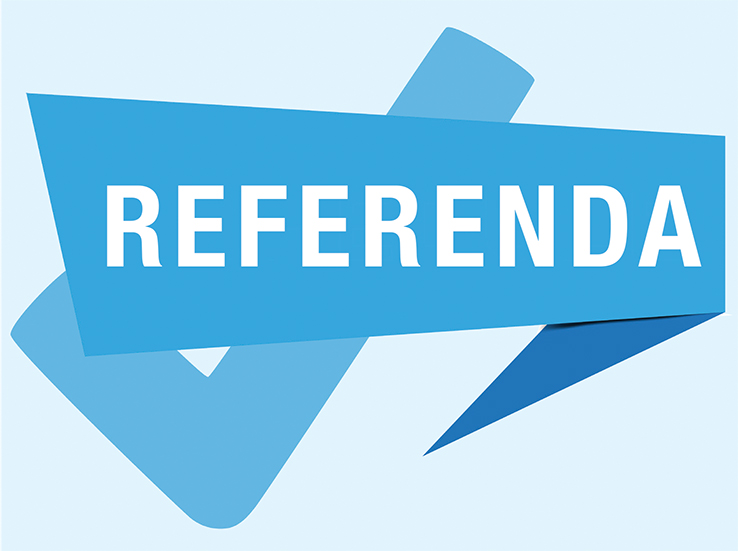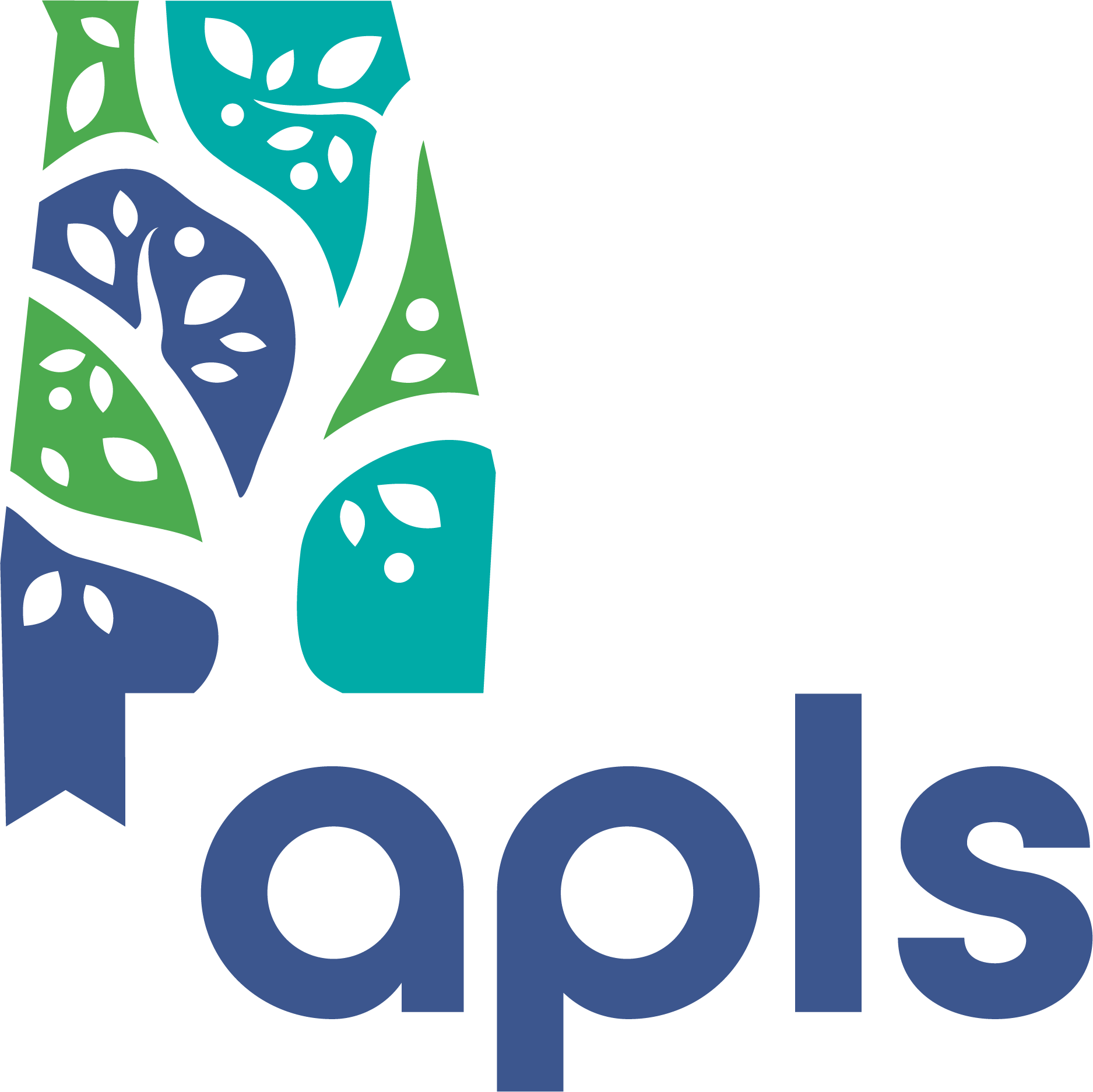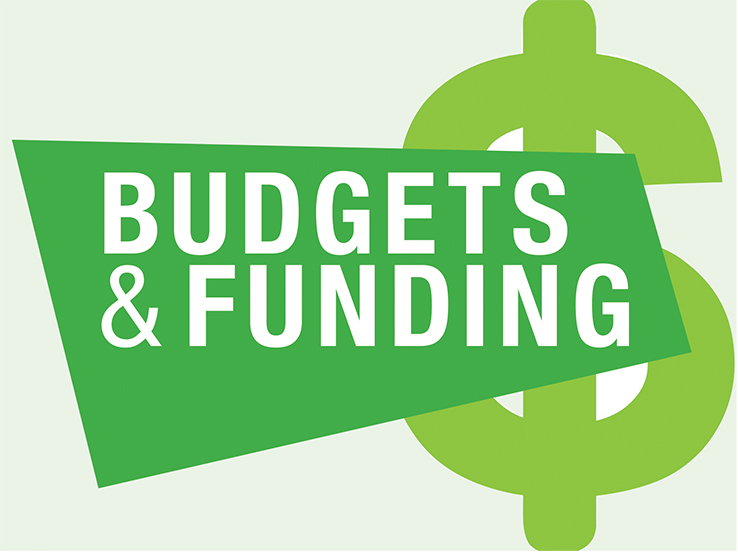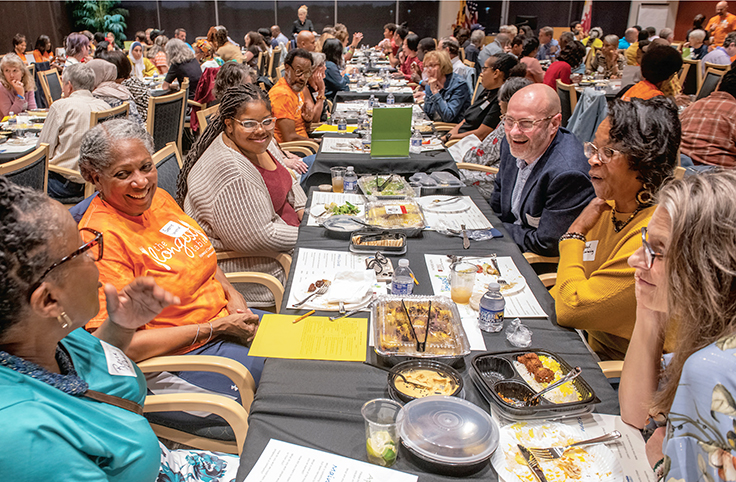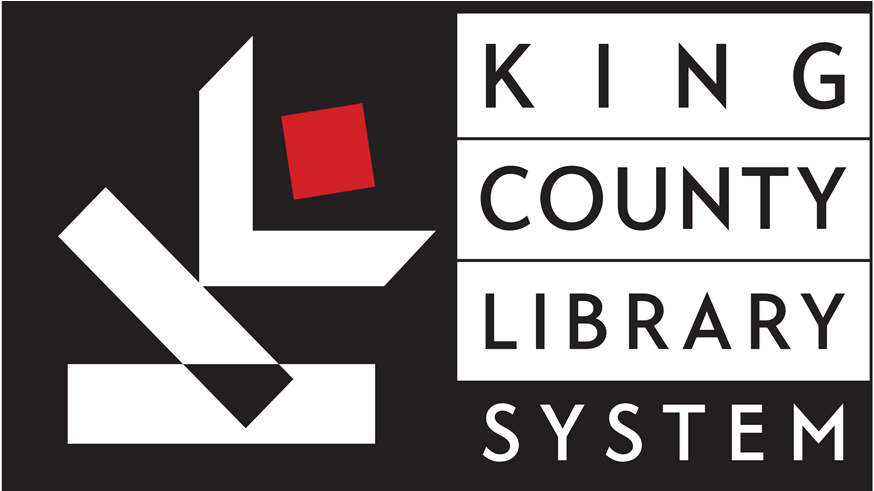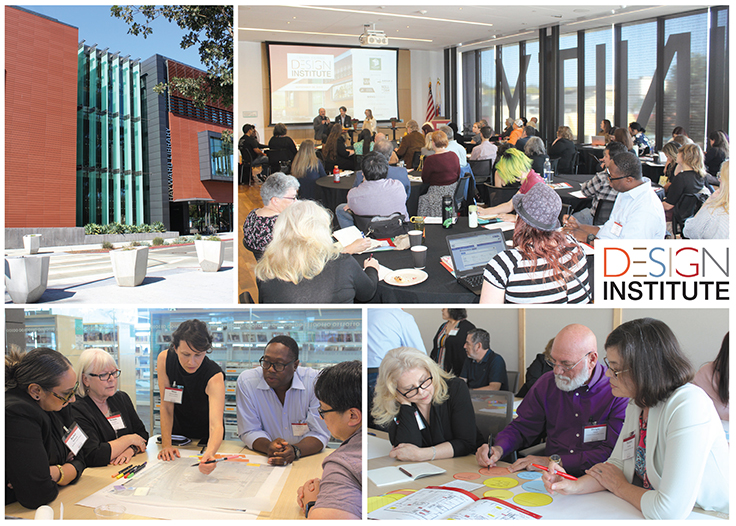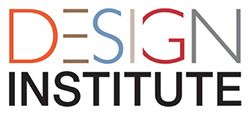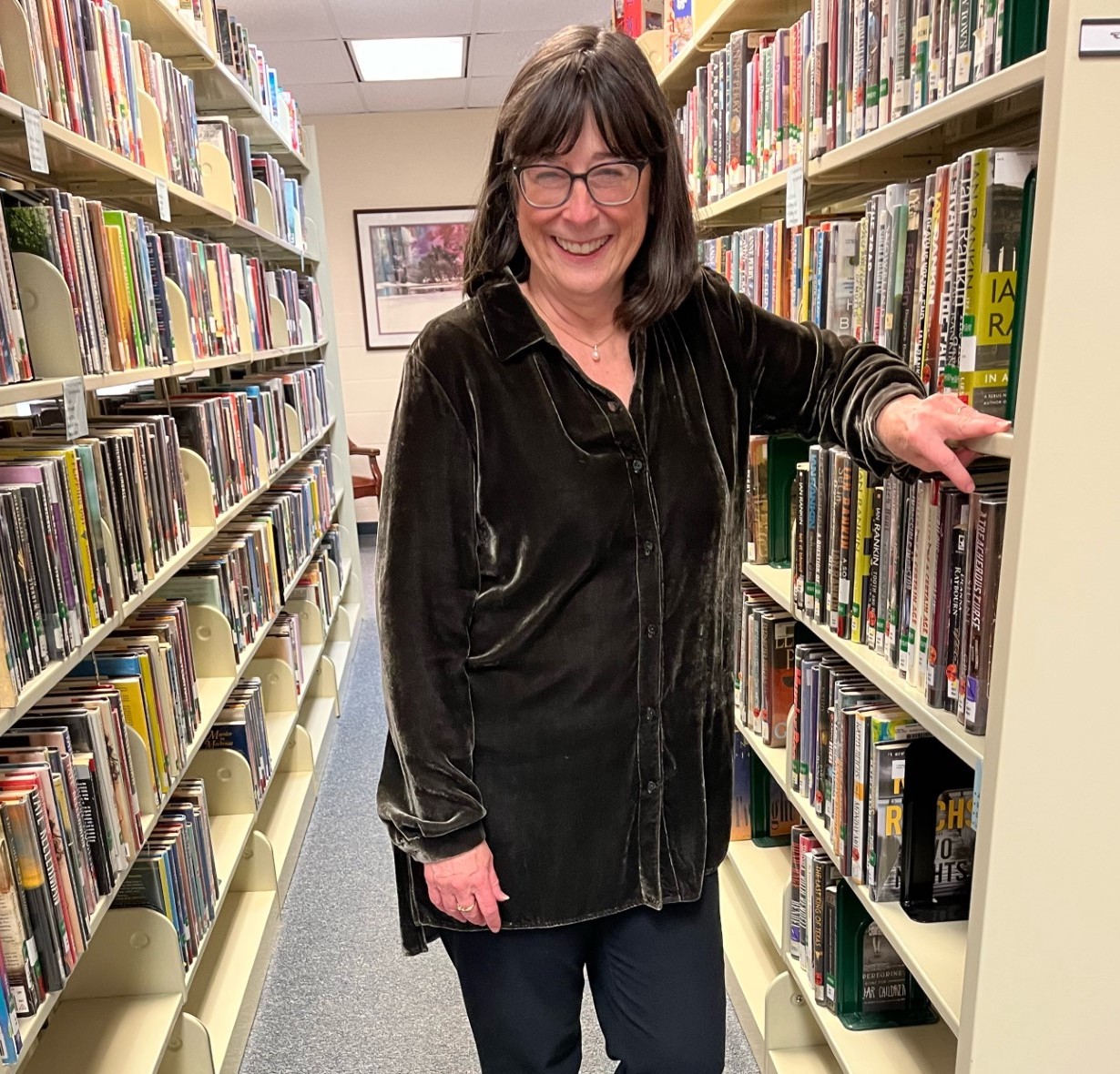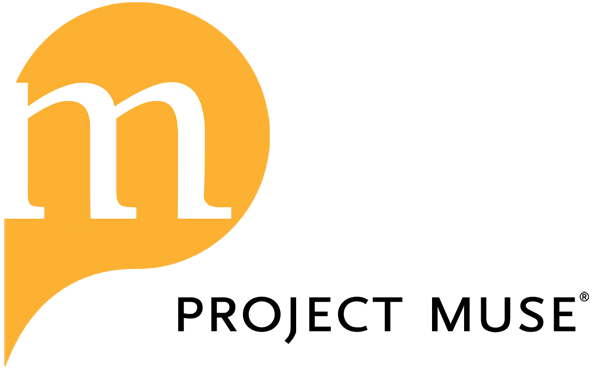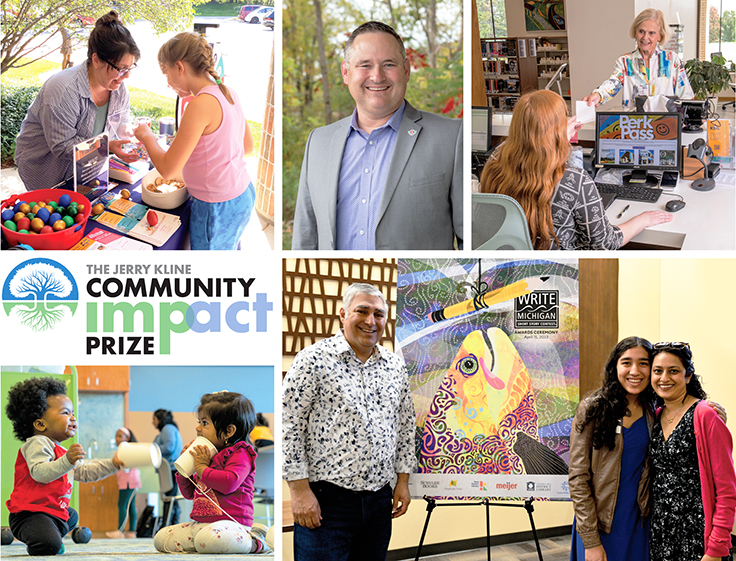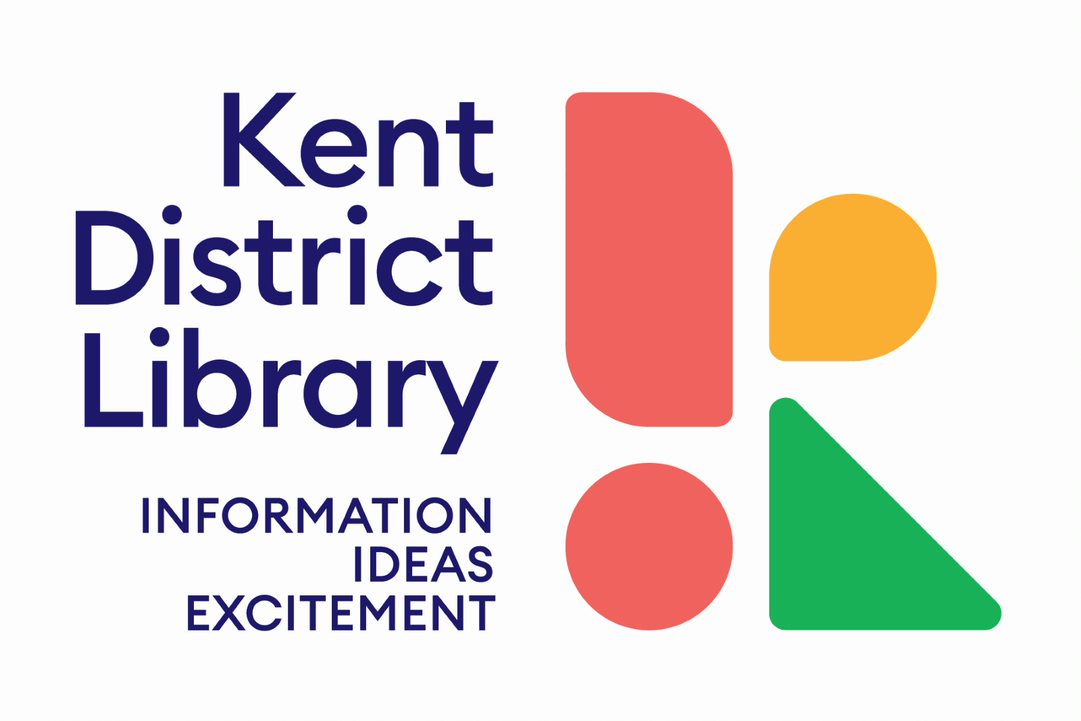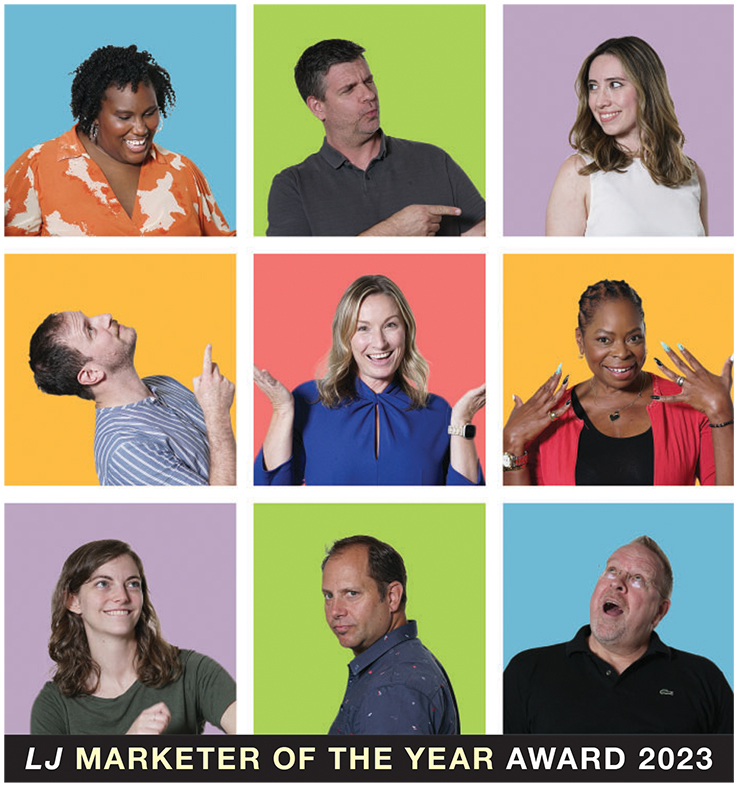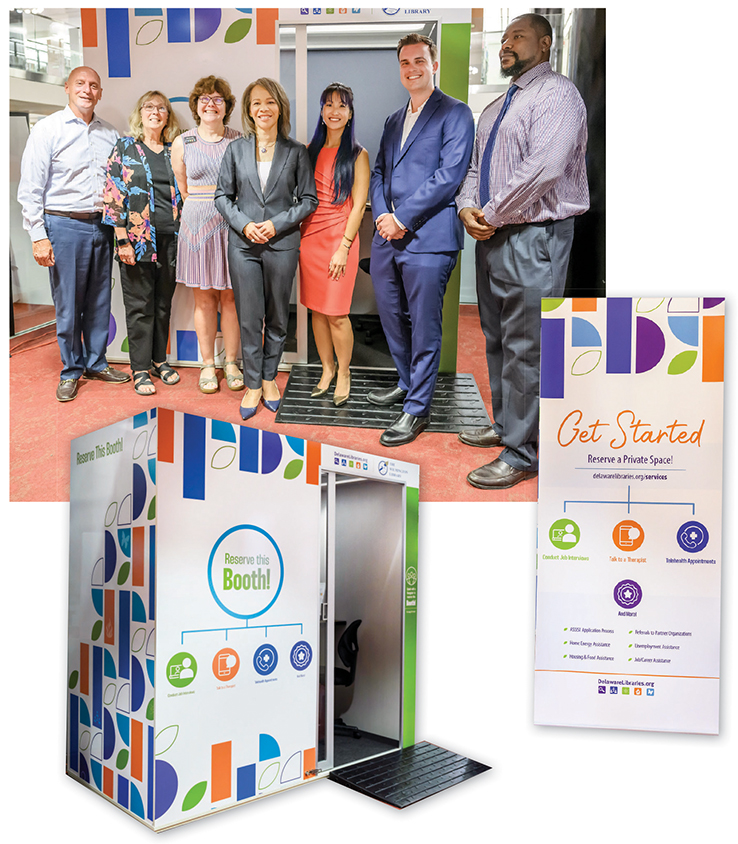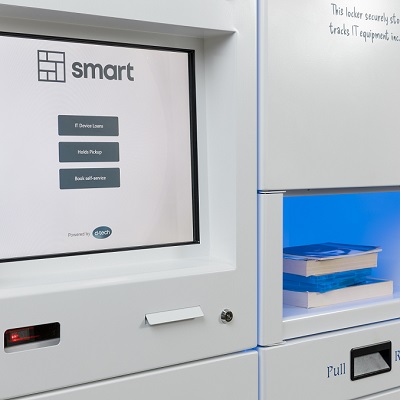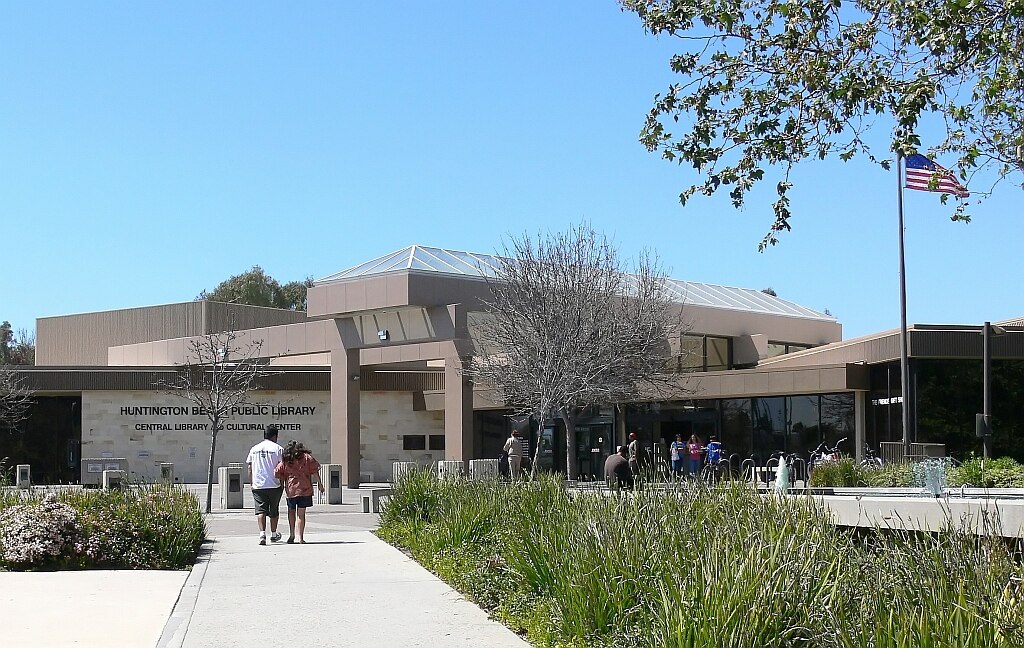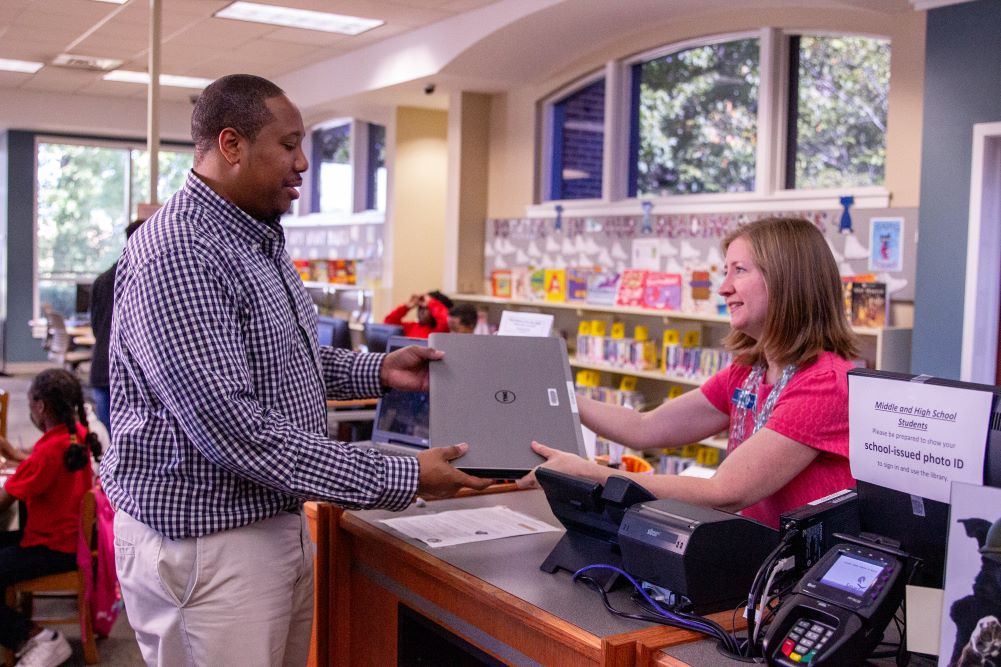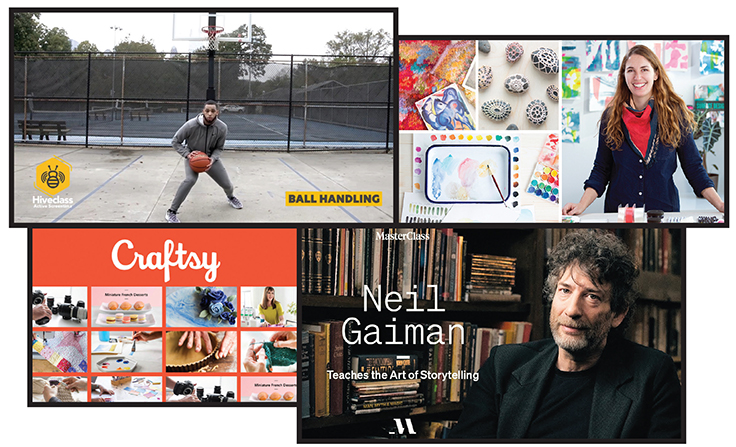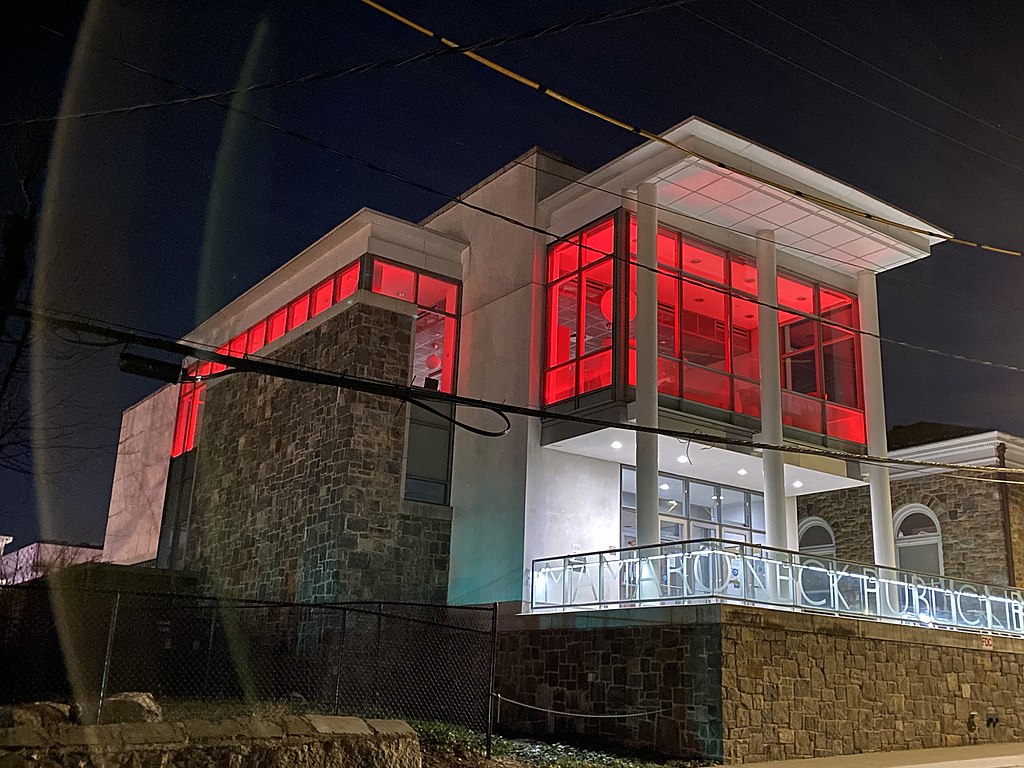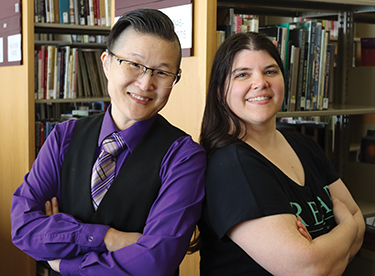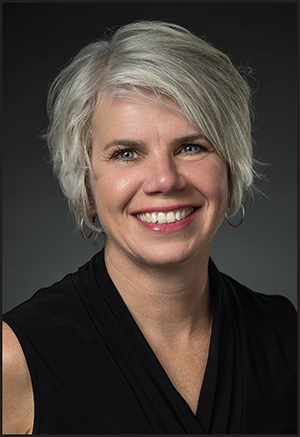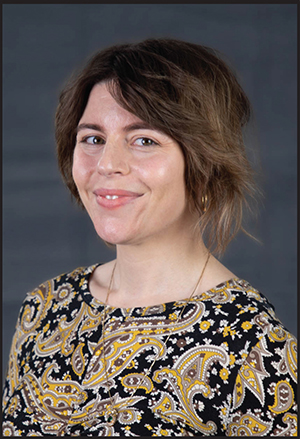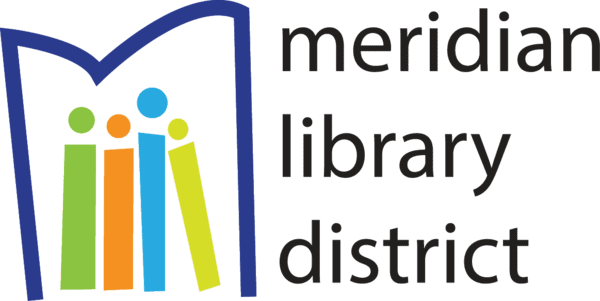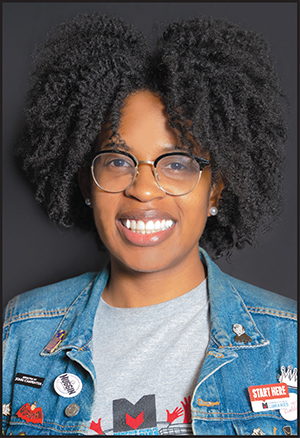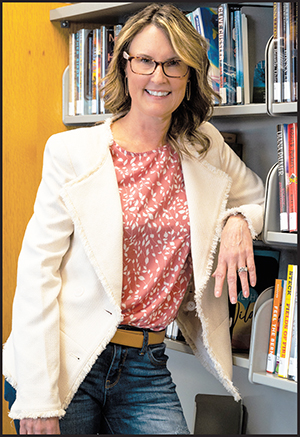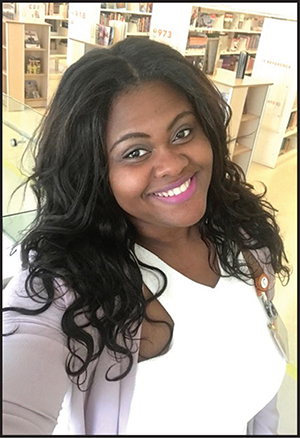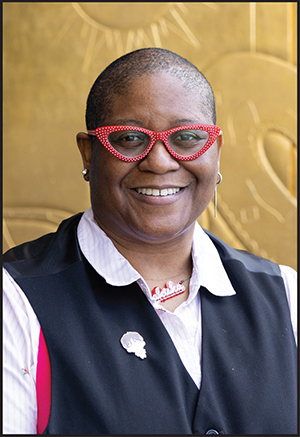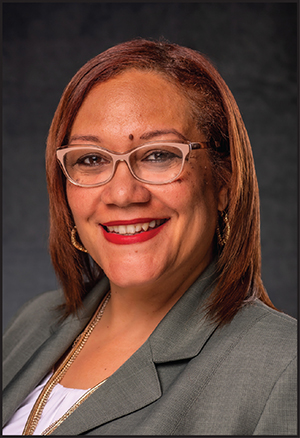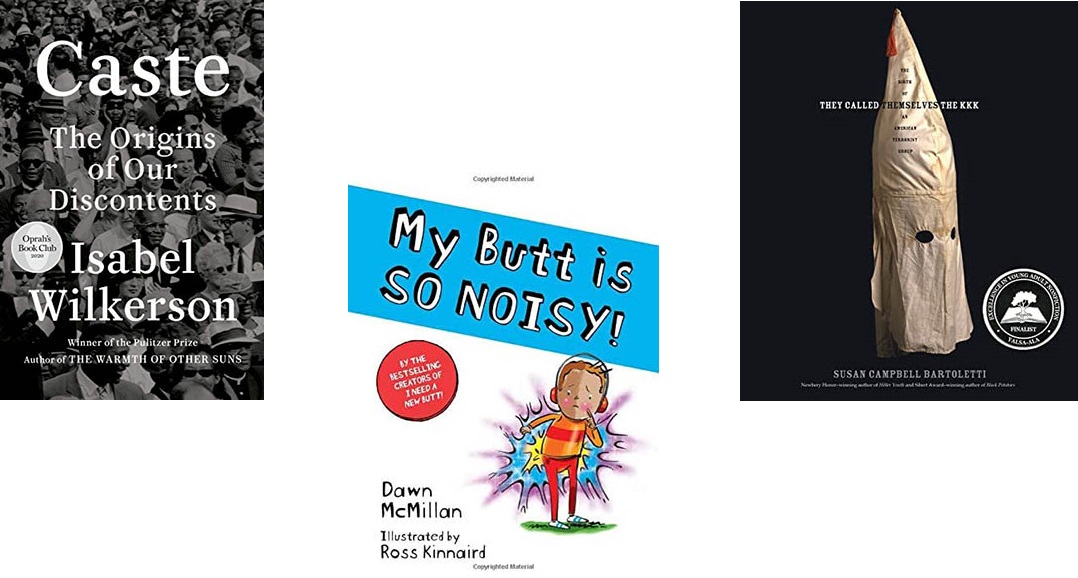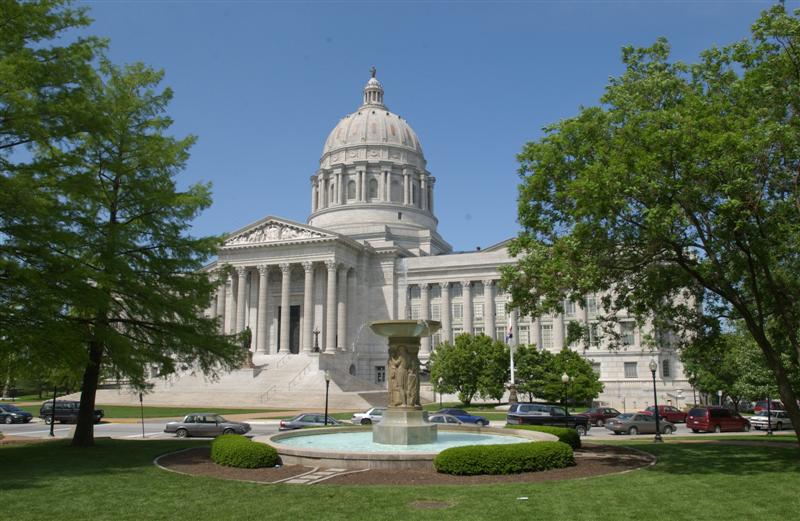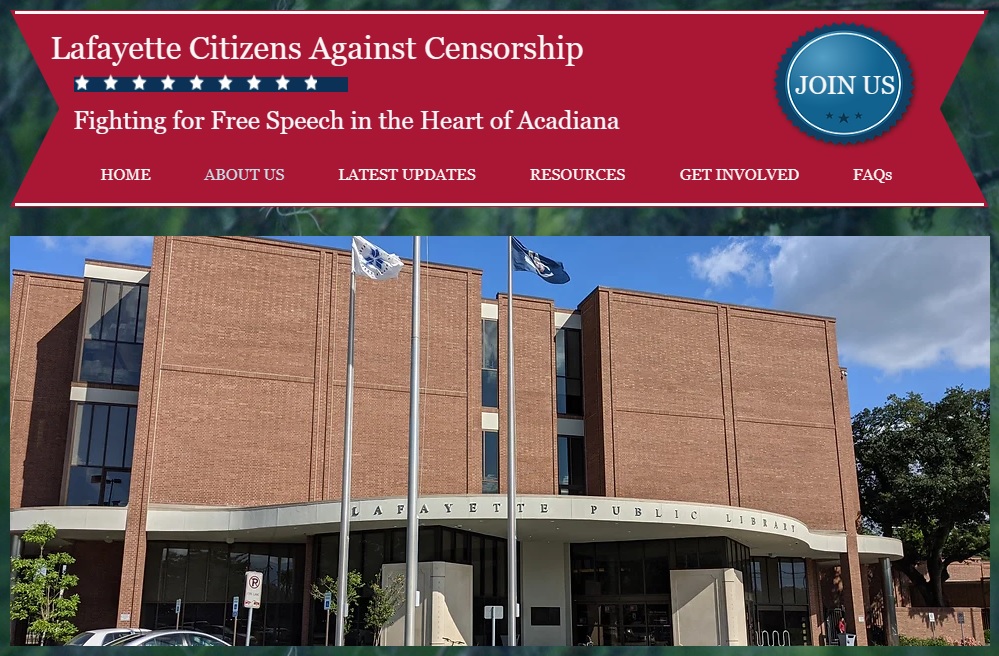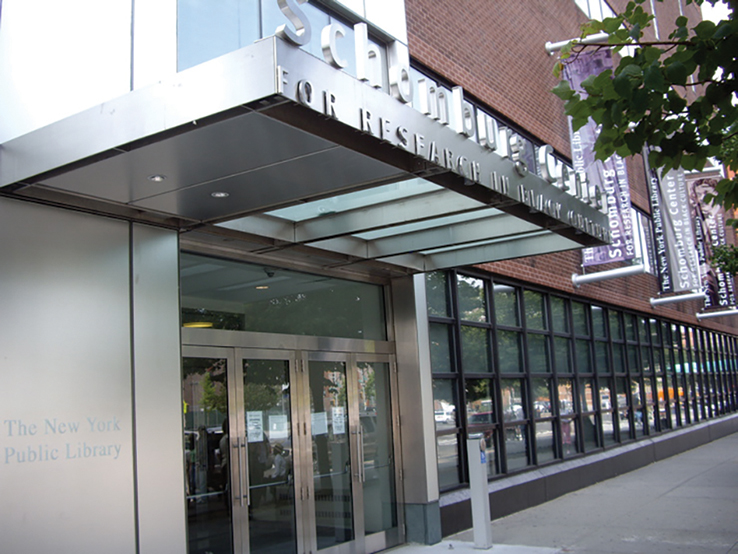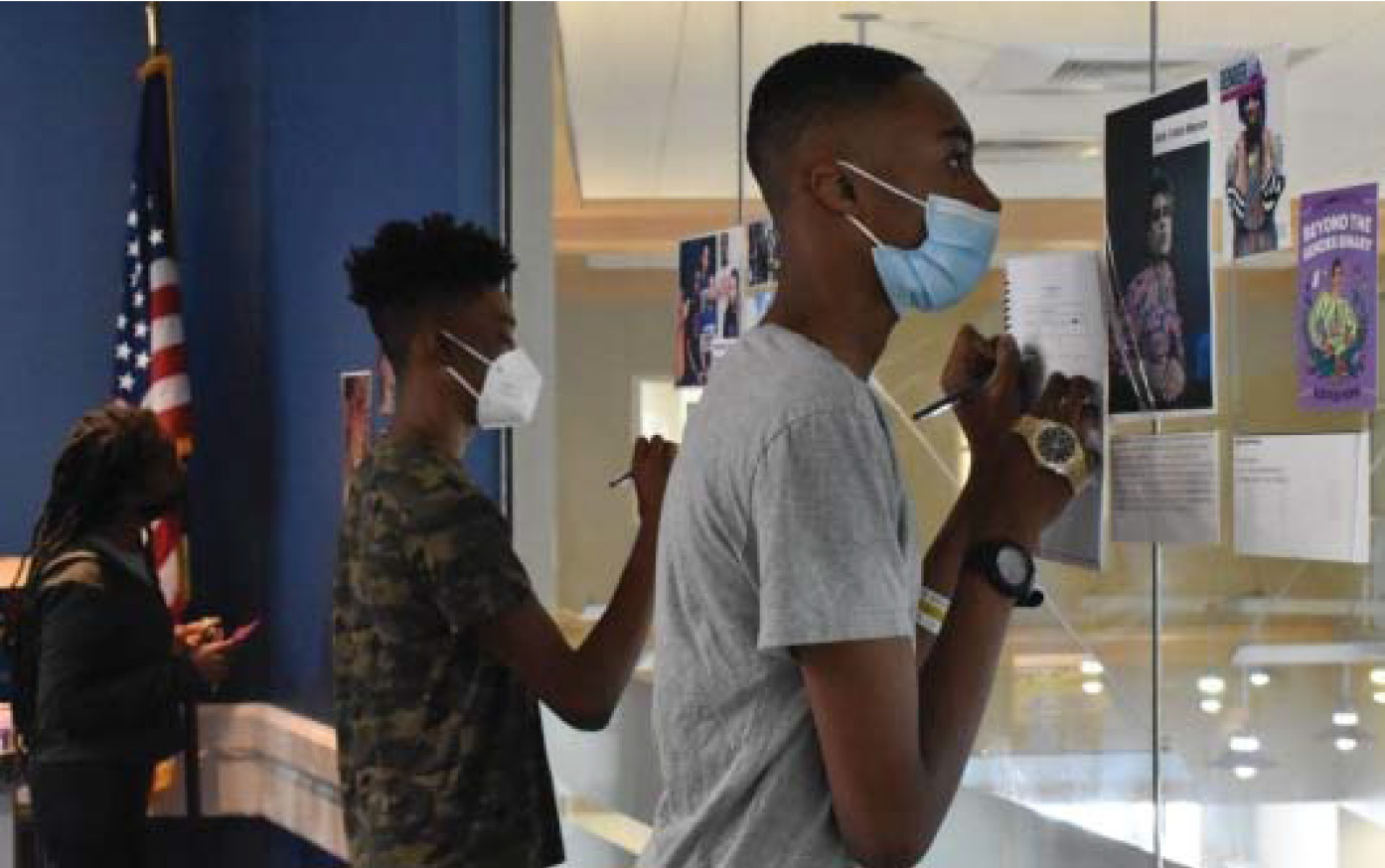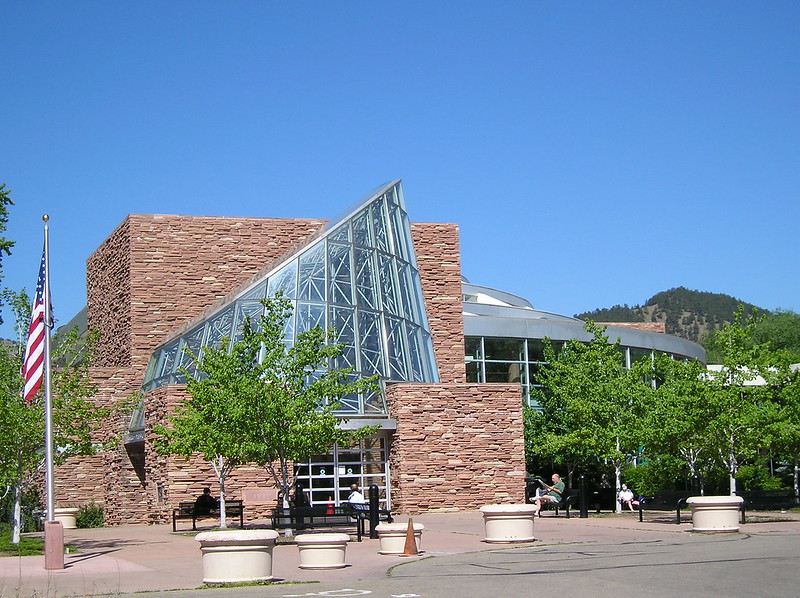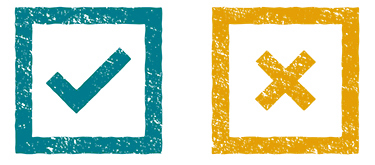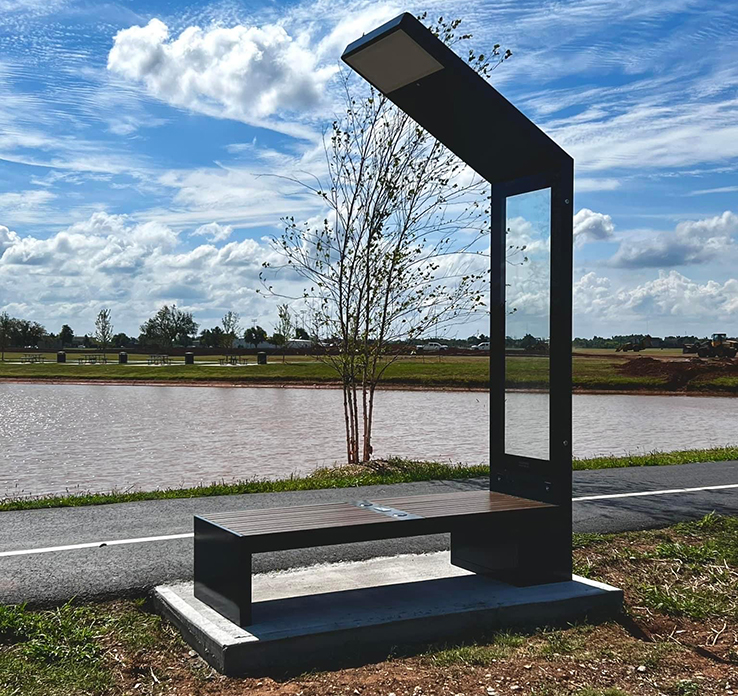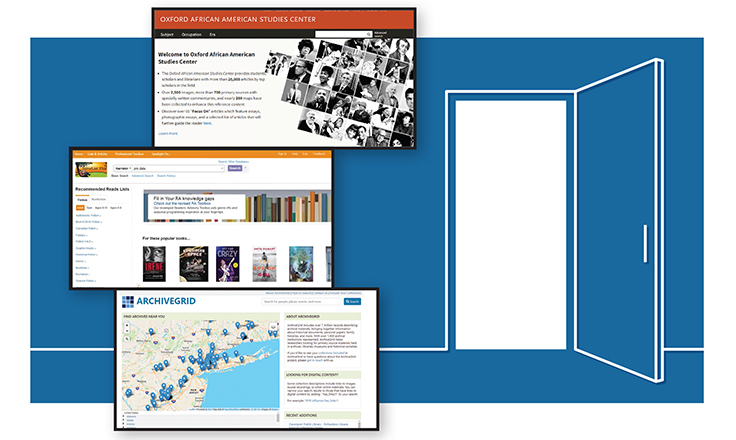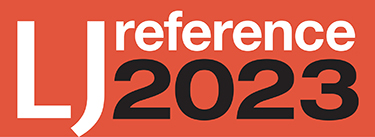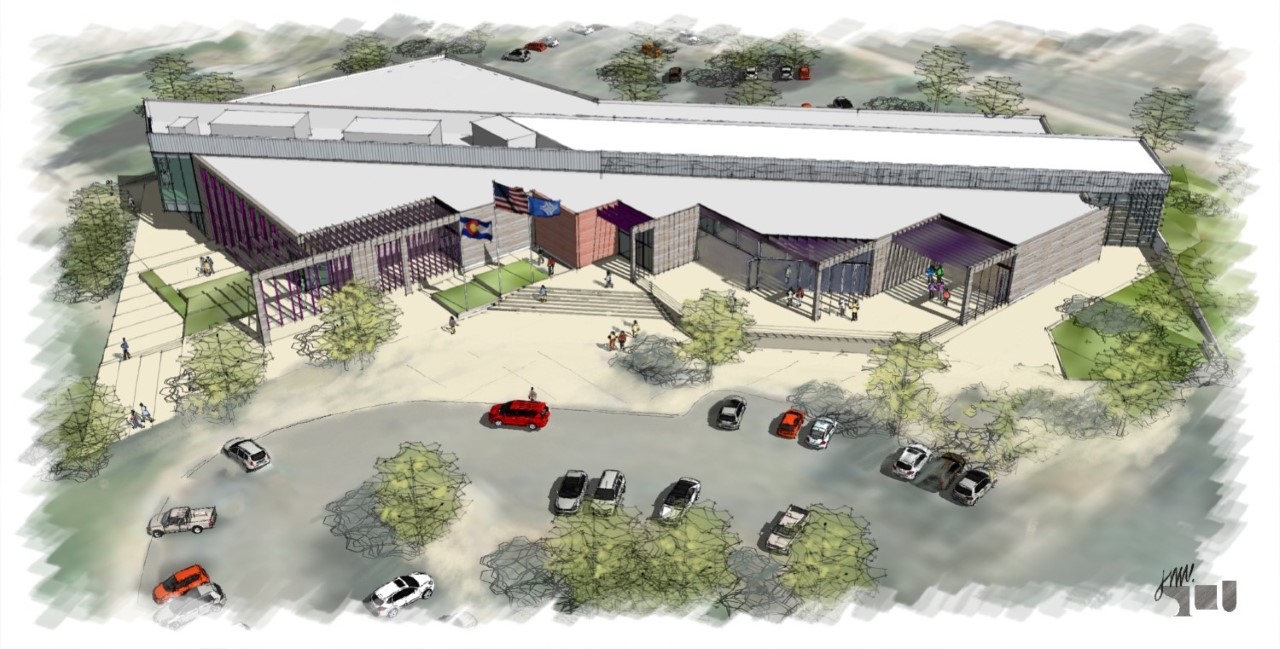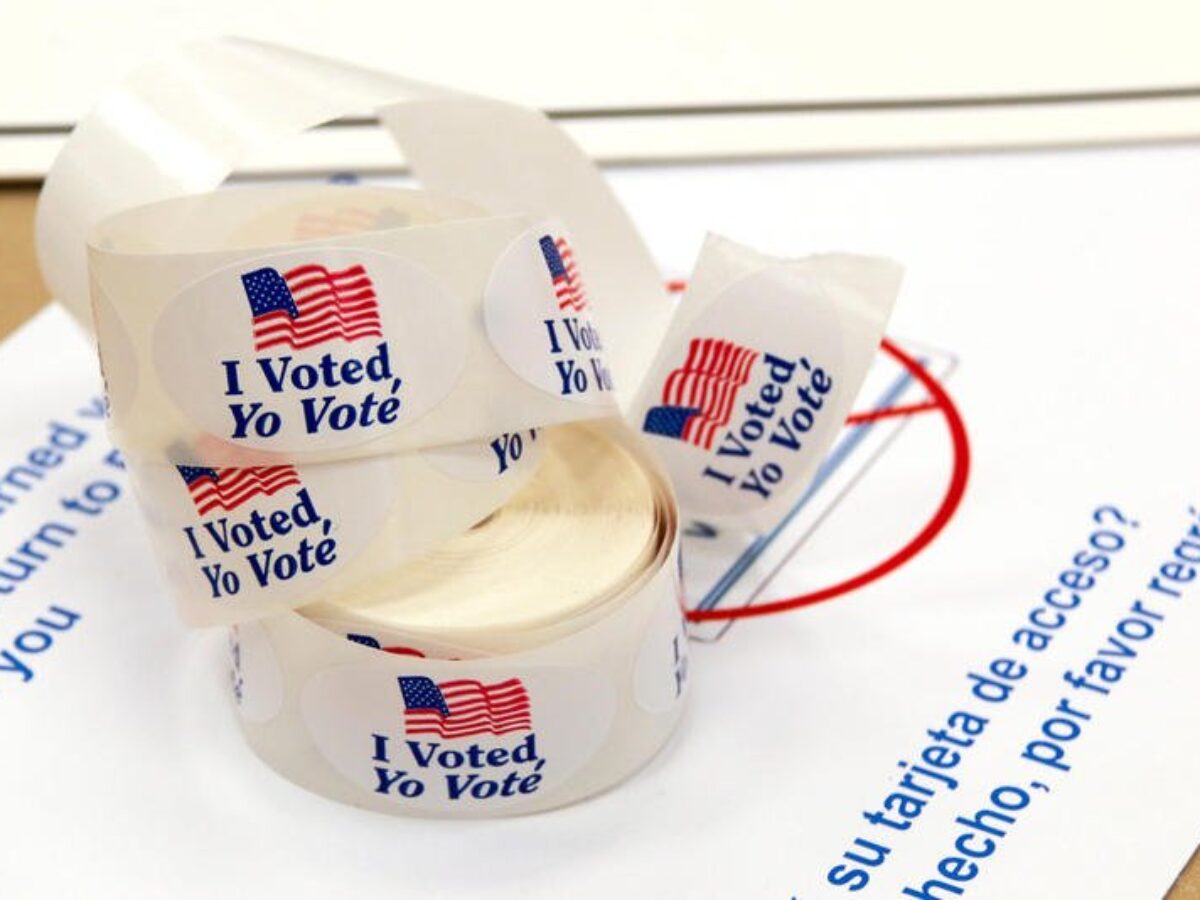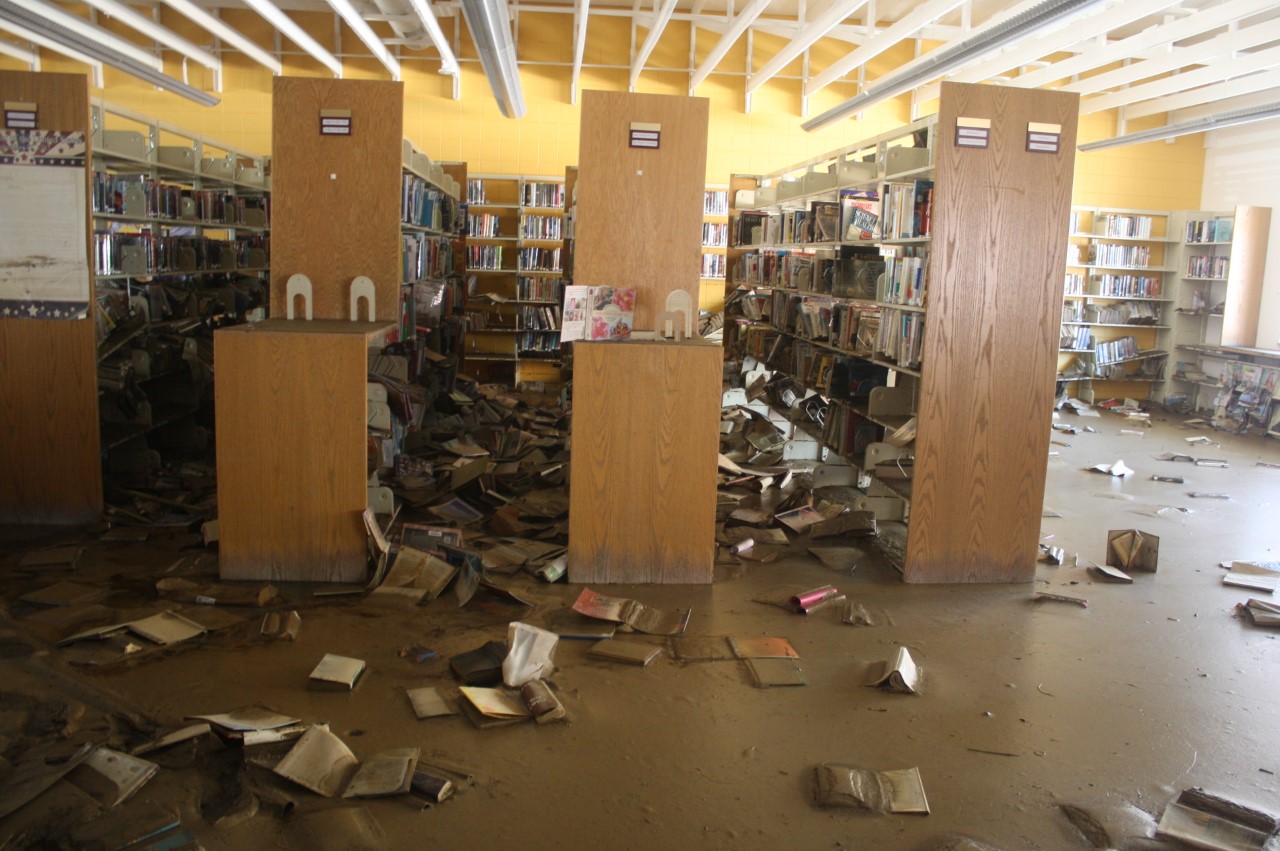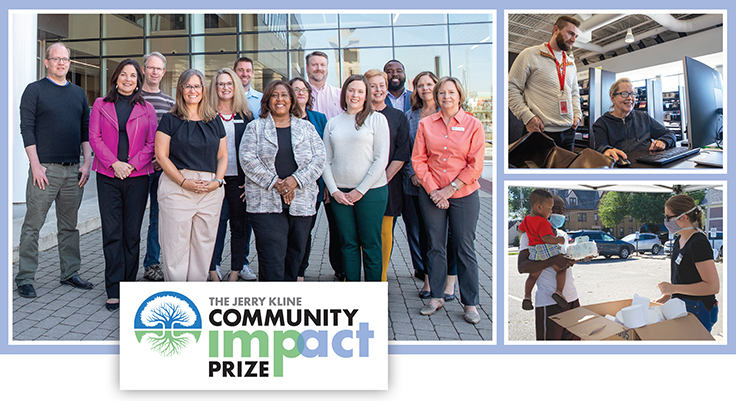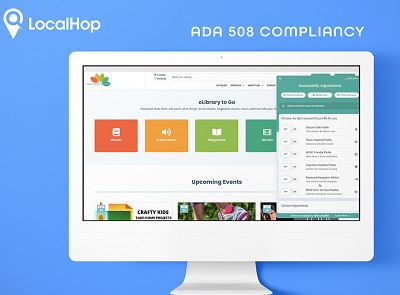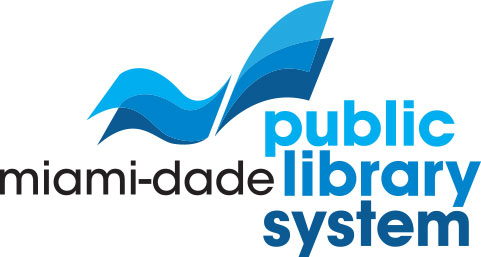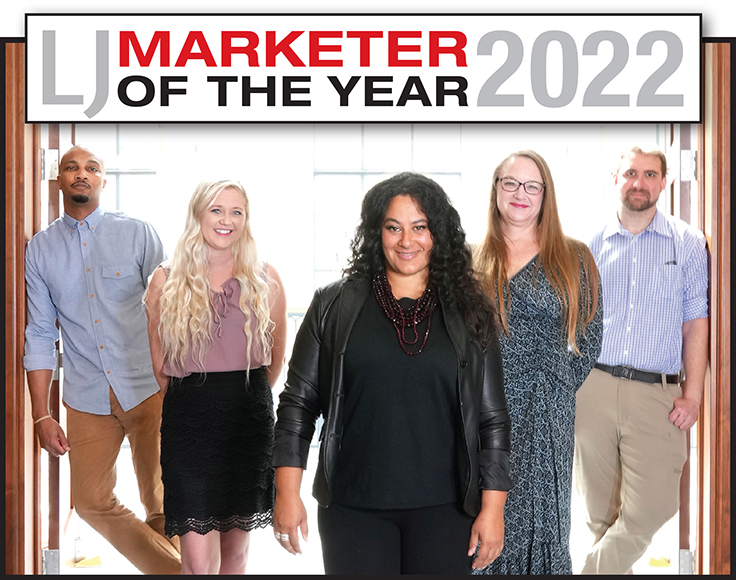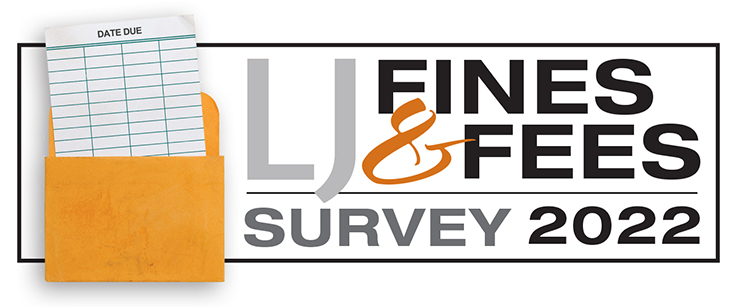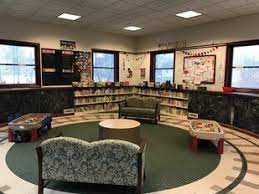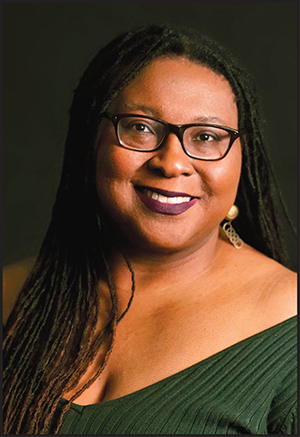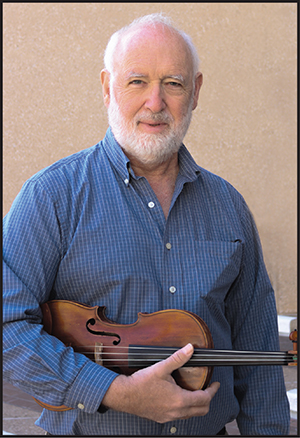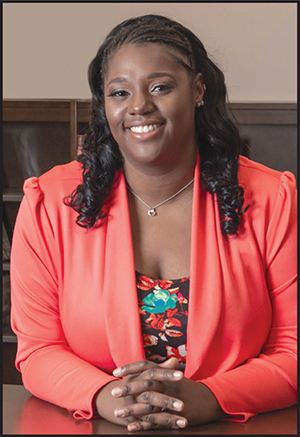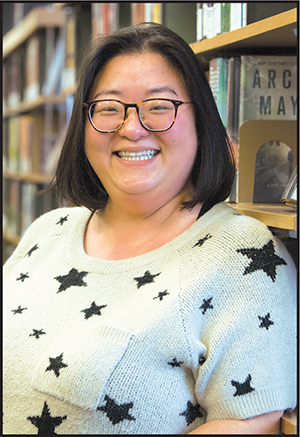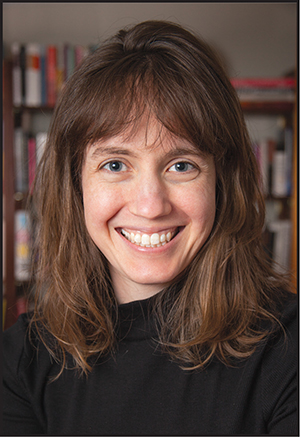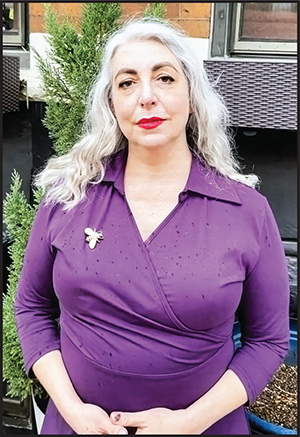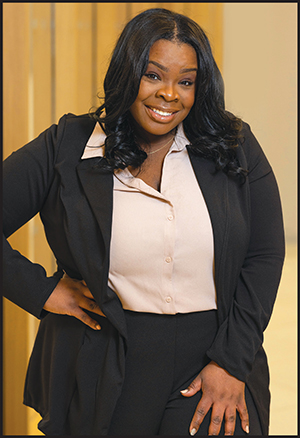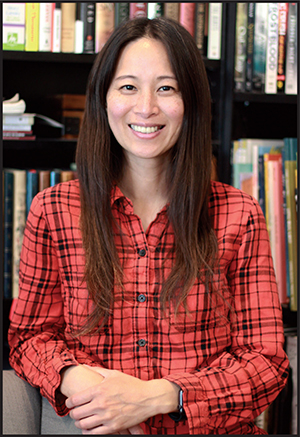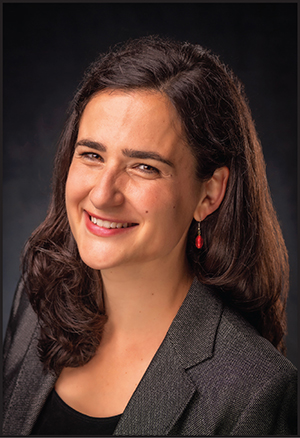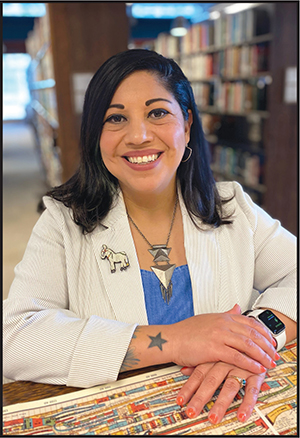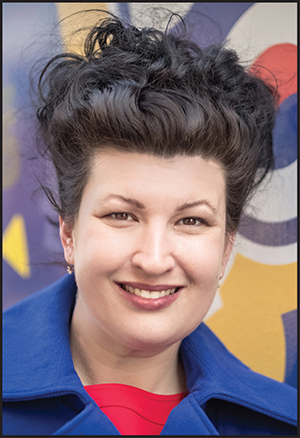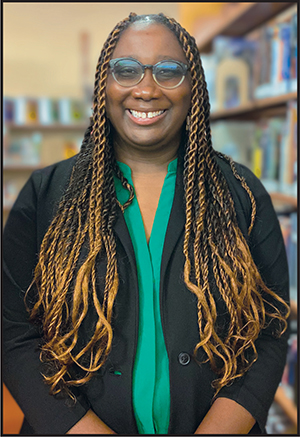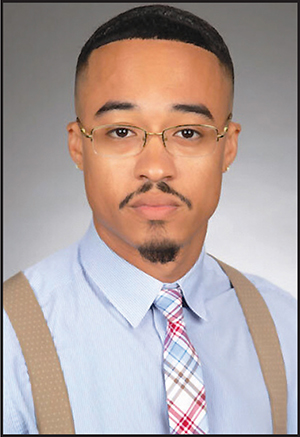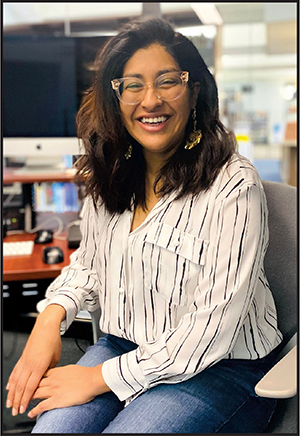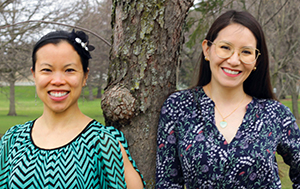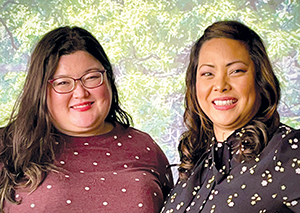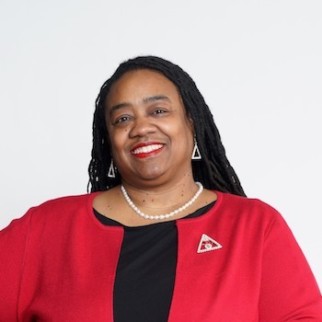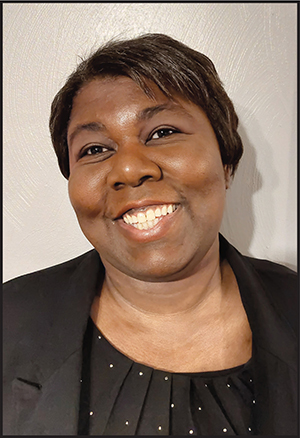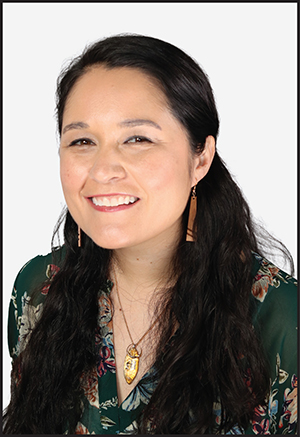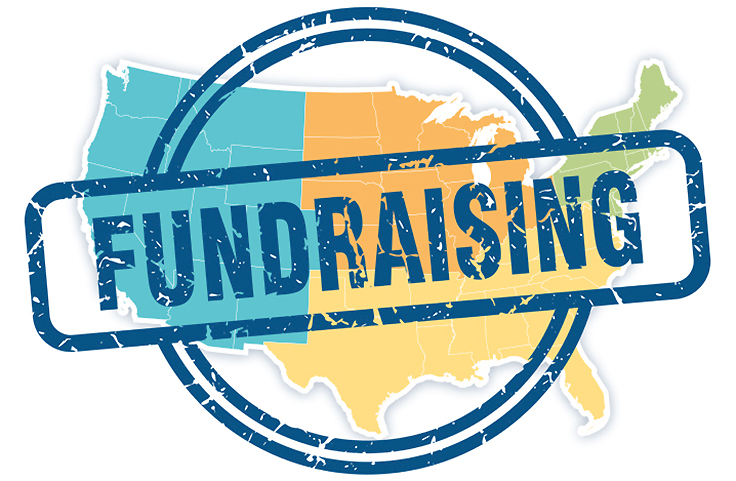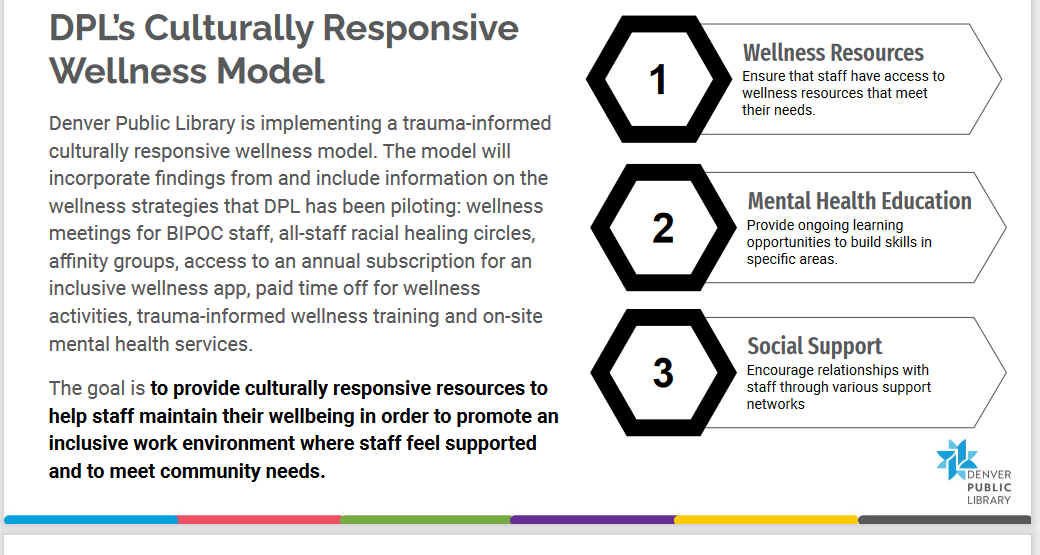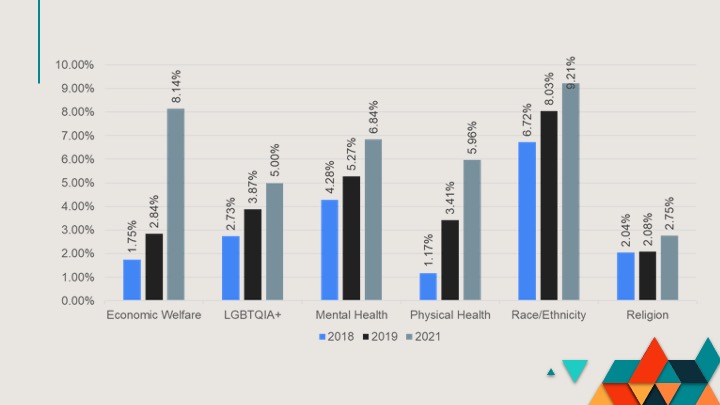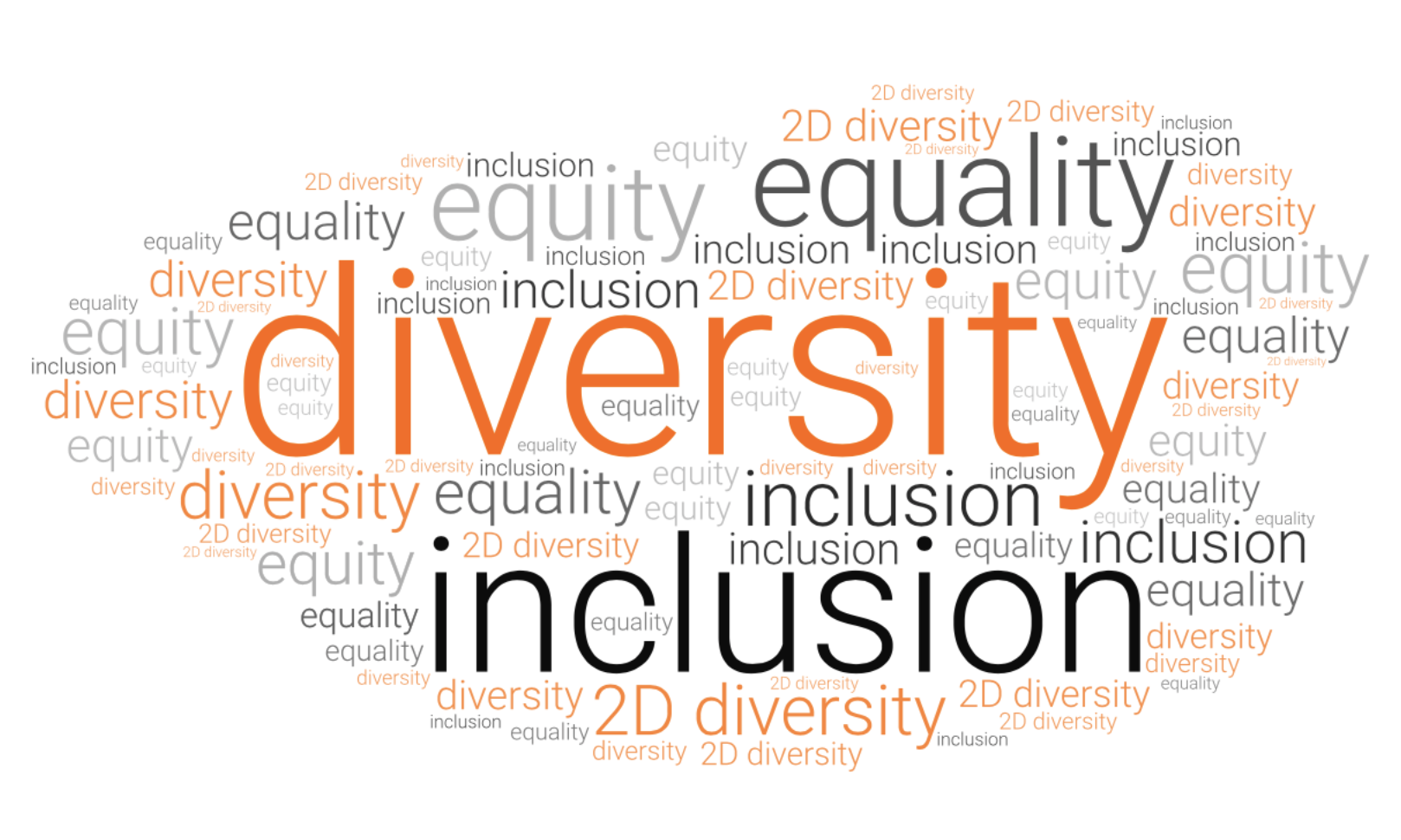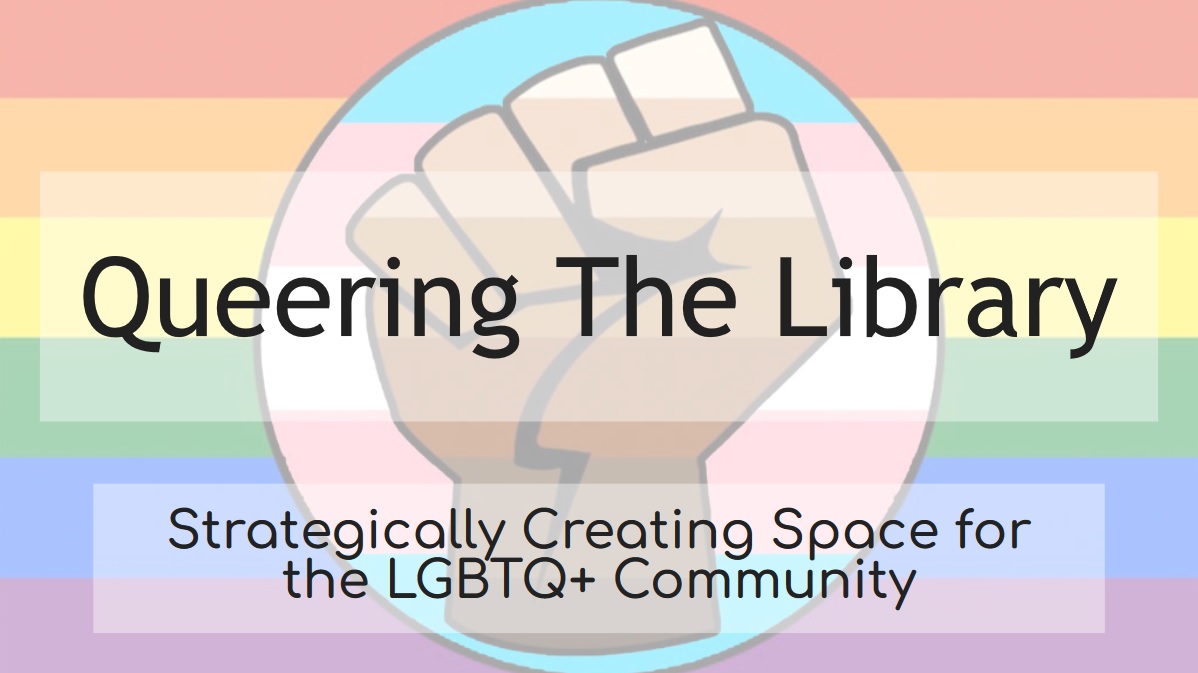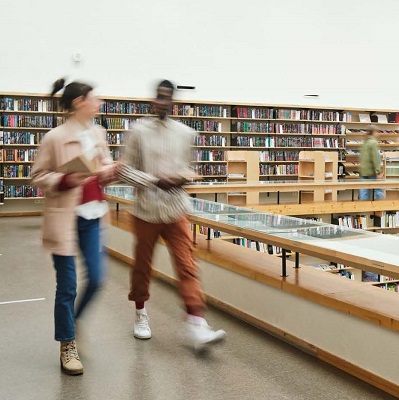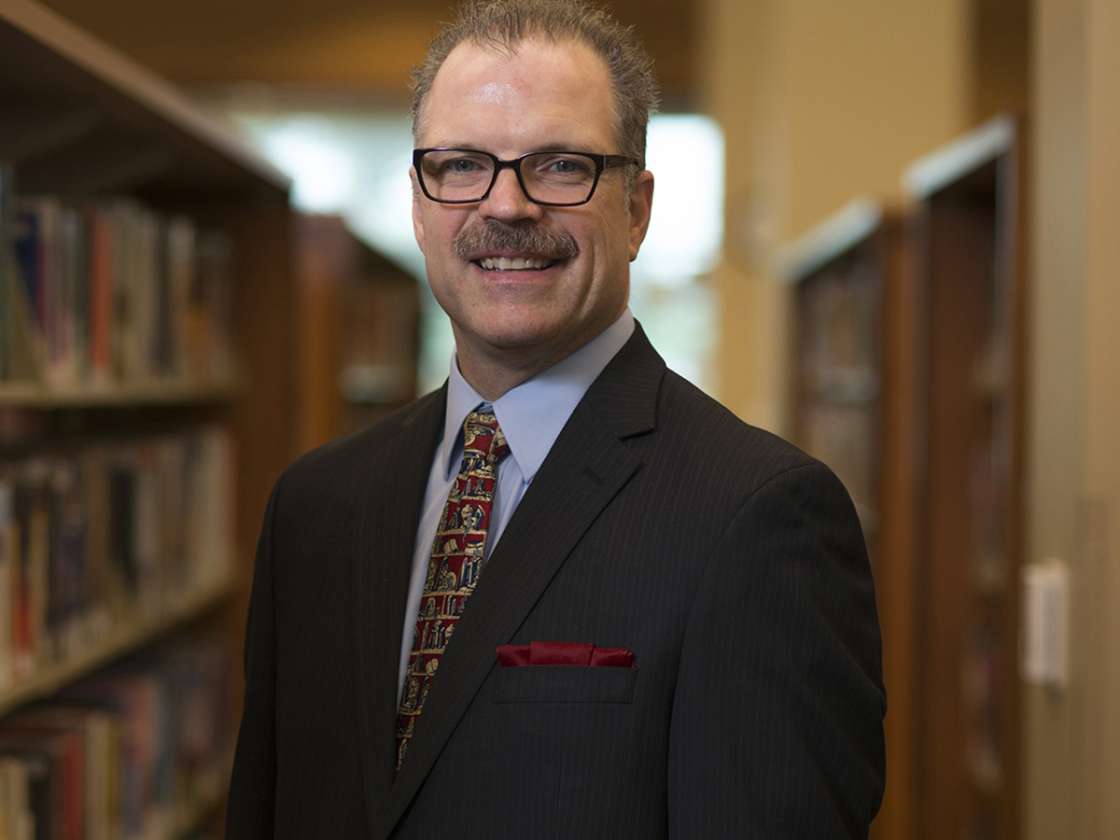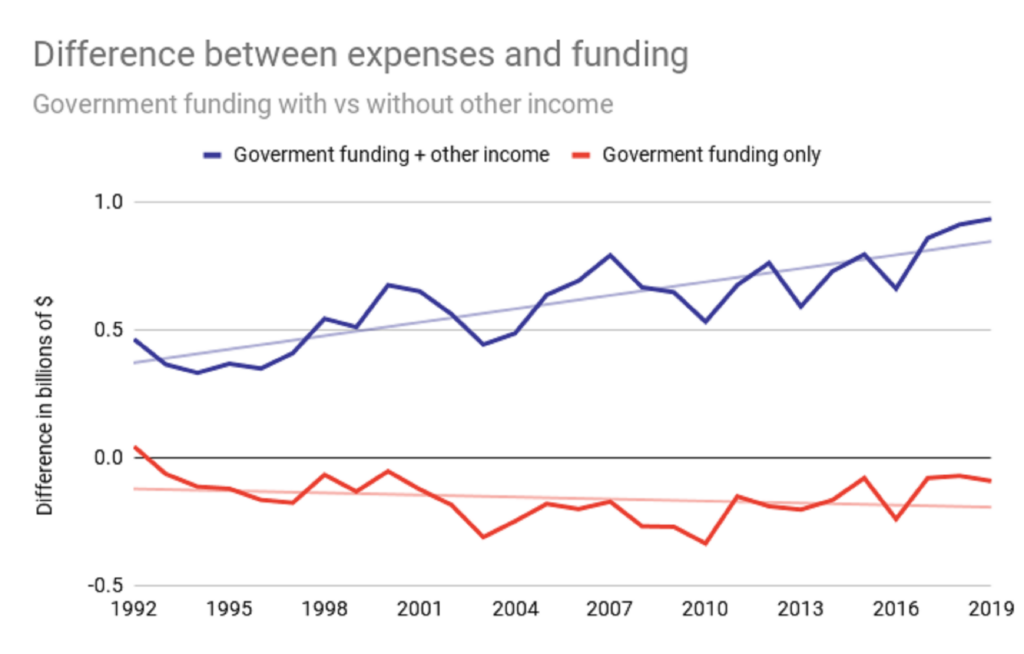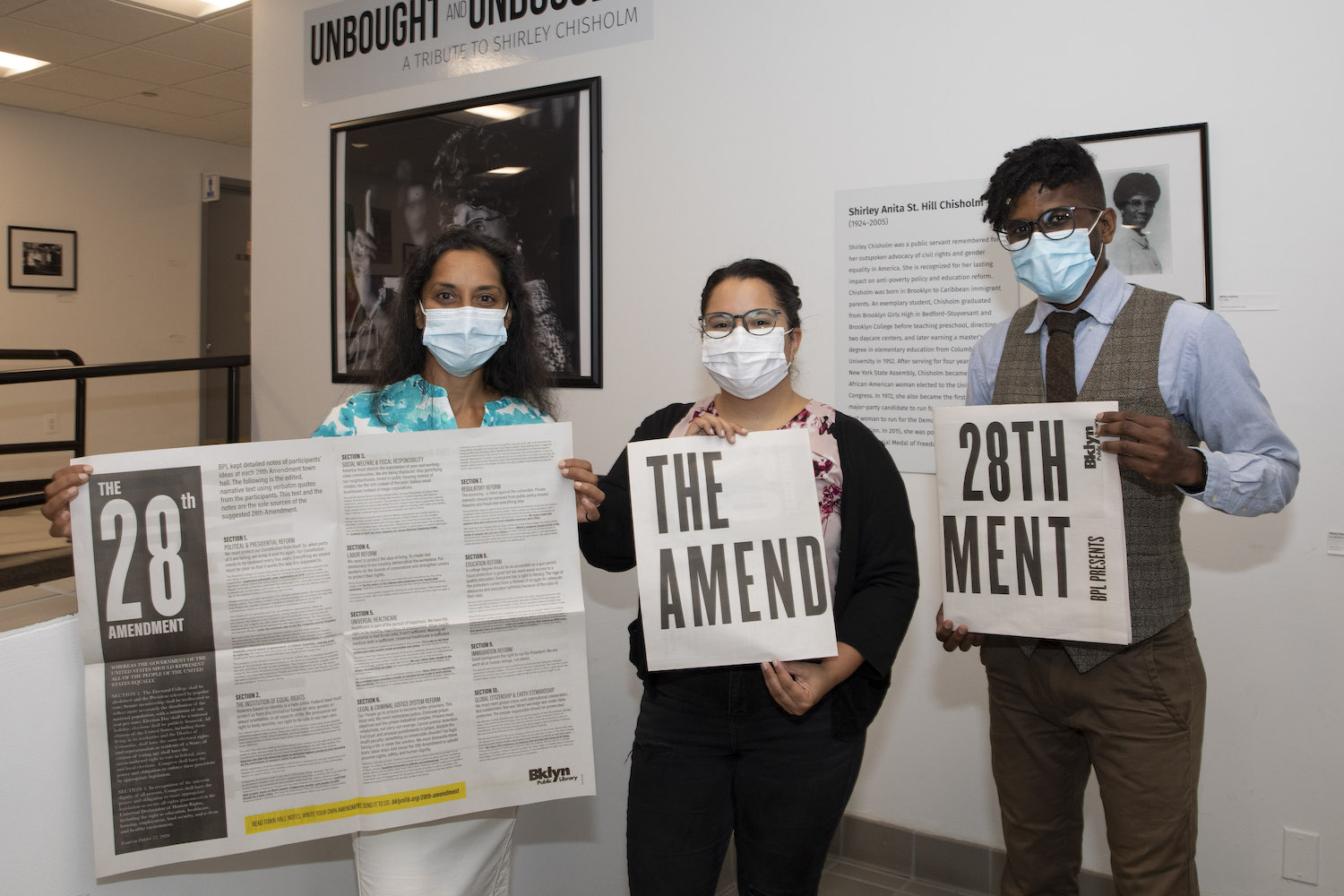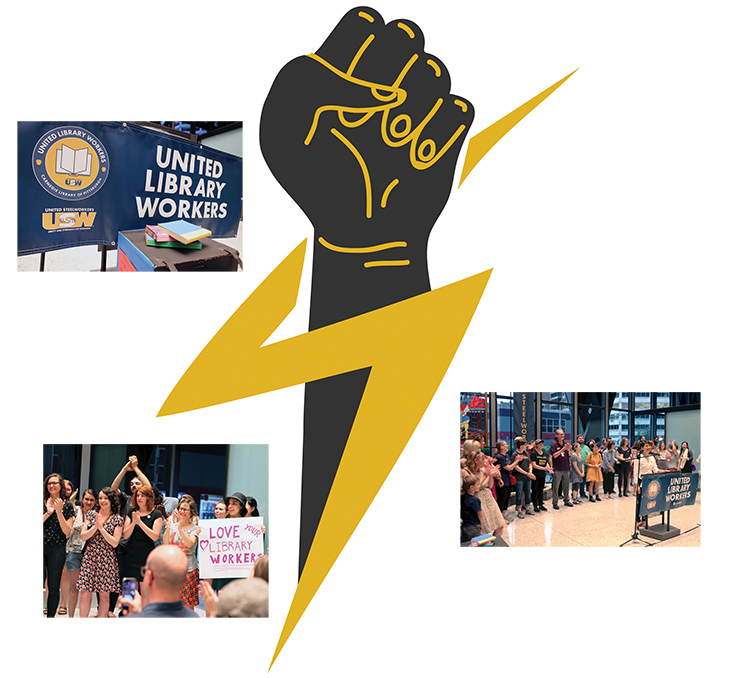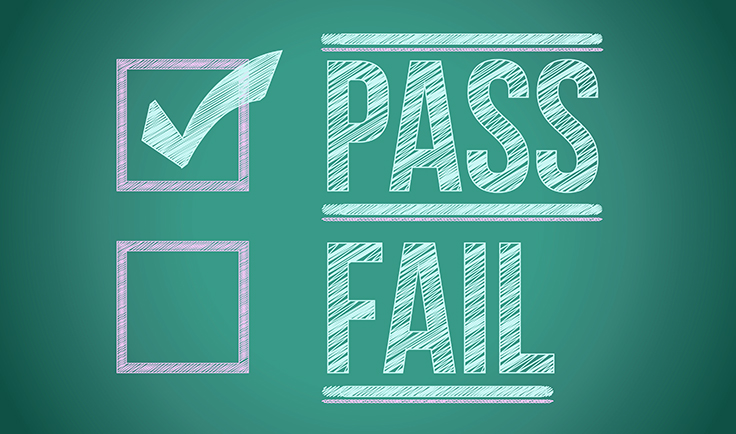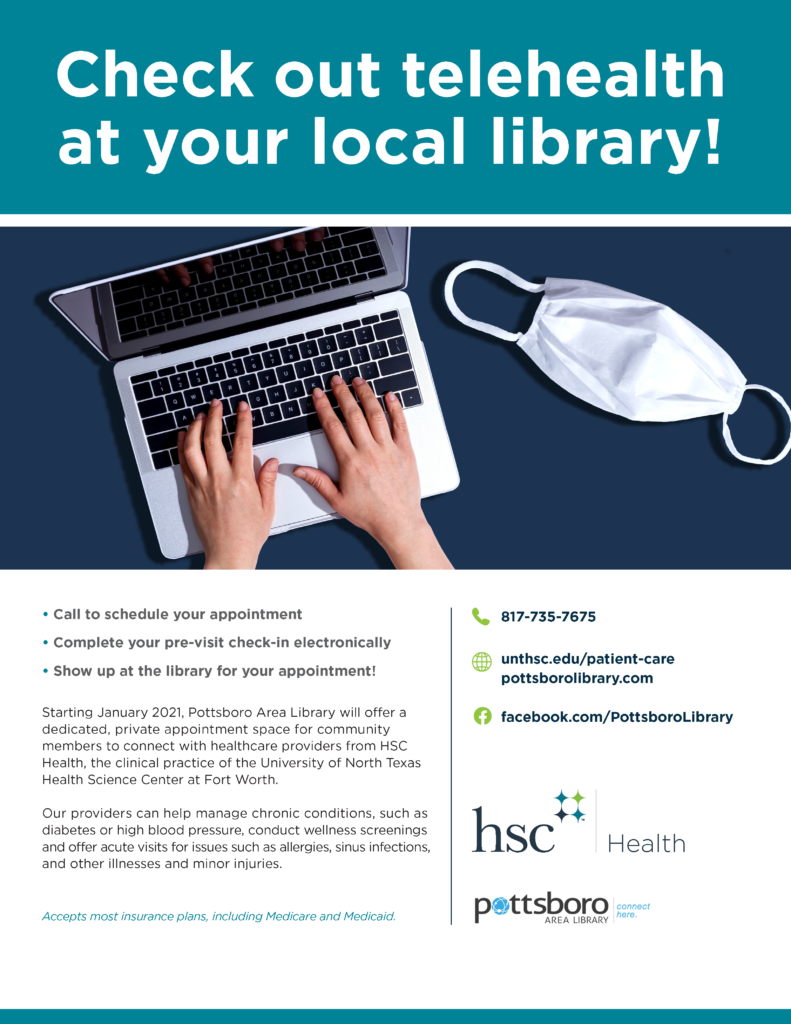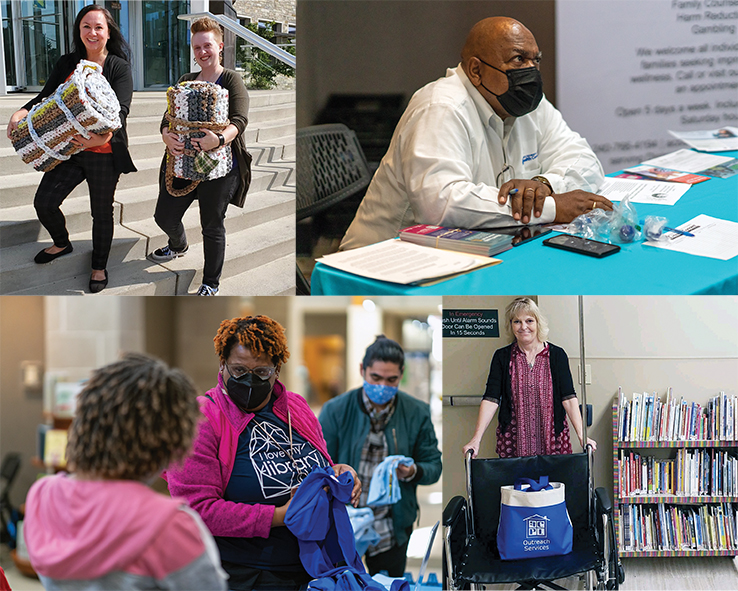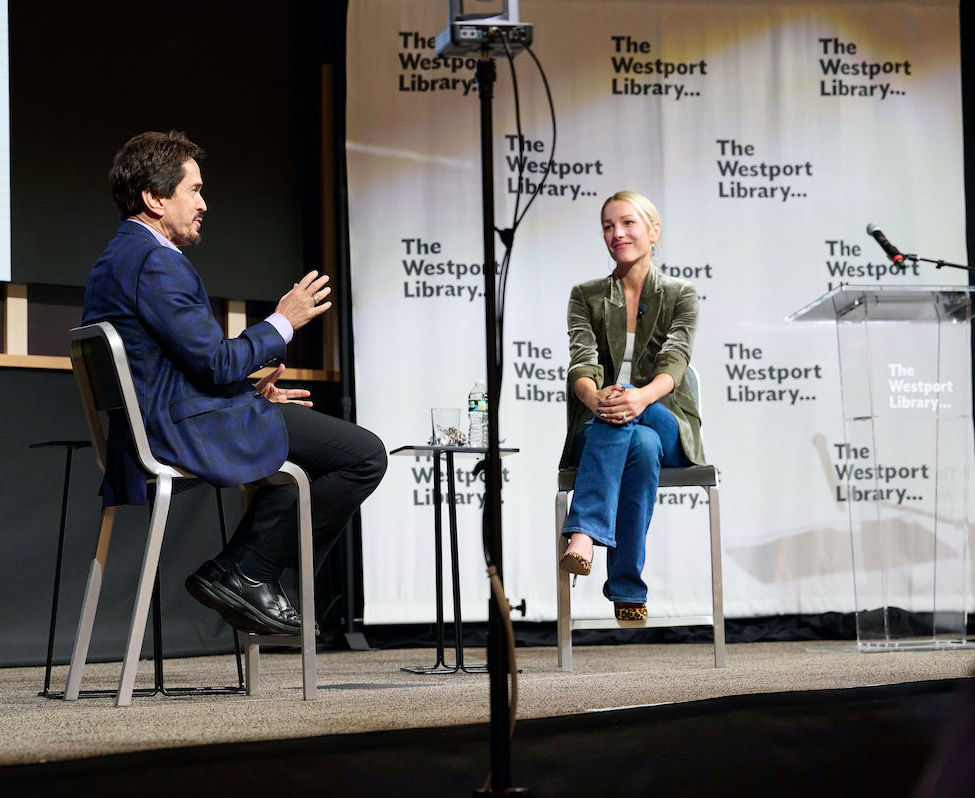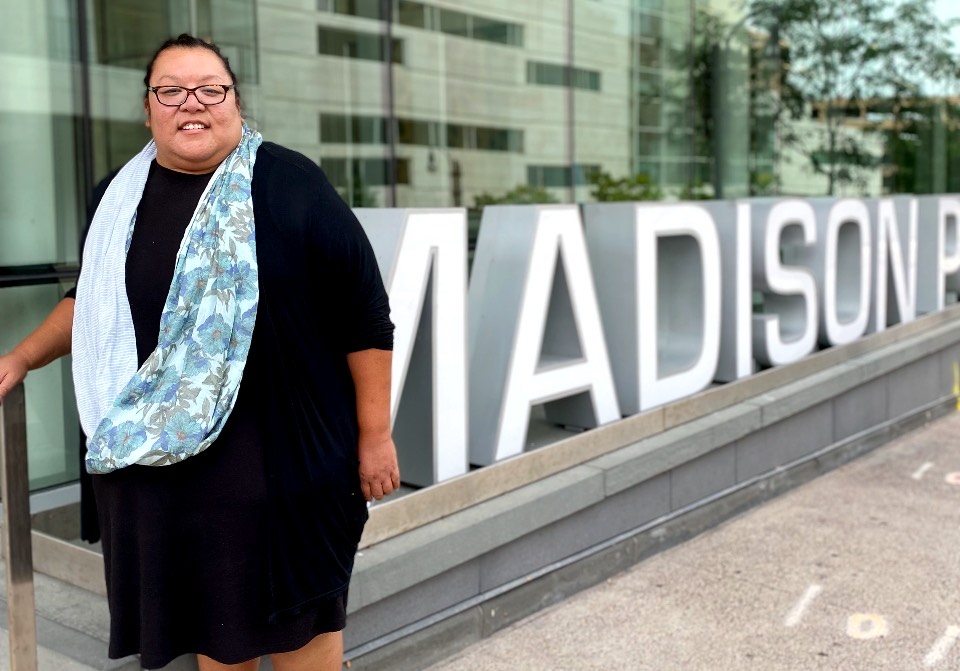Related
Most library measures passed in 2023, but the year also saw confusingly worded ballots and little new funding.
On January 30, in response to pressure from Gov. Kay Ivey, the Alabama Public Library Service—the agency that advises and administers funds to the state’s 220 public libraries—announced its official decision not to renew its membership with the American Library Association (ALA). But advocates are urged to look beyond the controversy over ALA to the larger issues in play, notably the growing influence that the state’s elected officials have on library freedoms.
The Kansas City Public Library (KCPL) and San Francisco Public Library (SFPL) last Thursday announced that they would team up on a Tackle Censorship campaign with a friendly wager on the game. As a result of Kansas City's 25–22 win last night, a library representative from SFPL will wear Kansas City gear and post a recording of themselves reading from a banned book on the library’s social media channels.
Budgets grew across all areas in 2023, and while it’s too early to predict what those gains bode, the upward trend is largely encouraging.
When the Centers for Disease Control and Prevention (CDC) officially declared an end to the COVID-19 public health emergency in May 2023, many libraries reported a transition back to what felt like pre-pandemic days, with children joyfully attending story times and crowds reconvening to hear their favorite authors. Yet, just as we breathed a collective sigh of relief at the formal end of one emergency, United States Surgeon General Dr. Vivek Murthy issued a new advisory warning of a pernicious health risk: loneliness.
A project to record the memories of residents in King County, WA—particularly Asian Americans displaced during World War II—is set to begin soon. King County Library System was awarded an $800,000 Mellon Foundation grant that will be used to hire a staffer to oversee a project that will create memory labs at two different locations.
Design Institute Hayward looked at ways to design for inclusion, safety, sustainability, and extending a warm invitation to all.
At LJ’s 2023 Design Institute in Hayward, CA, held at the Hayward Public Library on September 28, five libraries in California and New Mexico enlisted architects and attendees to brainstorm on upcoming library design challenges.
When Patty Hector, former director of the Saline County Library in Benton, AR, was fired on October 9, it didn’t come as a surprise. A decision to shift control of the library from its board to county officials, driven primarily by Hector’s refusal to comply with a resolution to move certain books containing content about racism, LGBTQIA+ subjects, and sexual activity from areas where anyone under the age of 18 could access them, was proposed in April and passed in August. What may surprise some, however, is that Hector has thrown her hat in the ring for a spot on the Saline County Quorum Court, the same body that had her terminated.
Recent announcements from Project MUSE, Clarivate, and other vendors, as well as Cornell's arXiv, the Bruce Springsteen Archives and Center for American Music at Monmouth University, and more.
The Art of Relationship Building: Kent District Library Wins 2023 Jerry Kline Community Impact Prize
Centering genuine relationships, along with an emphasis on community service and creative partnerships, has earned Kent District Library, MI, the 2023 Jerry Kline Community Impact Prize. Honorable mentions go to Henrico County Public Library, VA, and Kenosha Public Library, WI.
In 2019, Kent District Library’s human resources department (HR) set out to strengthen its approach to staffing the organization. Our goals were to create greater equity in the selection process through reduction of implicit bias; improve the viability of candidates through competency testing; and ensure the quality of hires to help reduce first-year turnover, improve the diversity of the workforce, and ensure their competency on the job.
The data for new public library buildings and renovations featured in LJ's Year in Architecture 2023.
Faced with a major post-lockdown attendance drop, the marketing team at Baltimore's Enoch Pratt Free Library is re-engaging patrons with creative, data-driven campaigns. Patchogue Medford Library, NY, received honorable mention.
Library telehealth programs launched in response to the COVID-19 pandemic are beginning to evolve and adapt to changing times.
All eyes are on Texas as HB 900, the state’s controversial new book rating law, is slated to take effect September 1, 2023. Signed by Governor Greg Abbott on June 12, the legislation aims to prevent the sale of books deemed “sexually explicit” or “sexually relevant” to school districts by requiring book publishers and vendors to rate individual titles based on content.
Libraries are constantly becoming more versatile when it comes to offering patrons a broad spectrum of services. They have made extra efforts in delivering high-quality customer service to suit a new generation of library users.
In the Southern California community of Huntington Beach, days before sharp budget cuts to the Huntington Beach Public Library (HBPL) were proposed—and then walked back—battle lines were drawn over a proposal to screen public library materials for what some deem sexually explicit or age-inappropriate content, and possibly limit access to those materials. The challenge, however, did not originate with an anonymous patron or member of a right-wing group, but with the city’s Mayor Pro Tem Gracey Van Der Mark.
The Georgia Public Library Service (GPLS) has distributed more than 7,000 Chromebooks and 2,800 Launchpad tablets to libraries throughout the state with the help of $2.3 million provided by the Governor’s Emergency Education Relief (GEER) fund via the federal Coronavirus Aid, Relief, and Economic Security Act.
Demand for educational video resources continues to grow. Apps including Craft & Hobby, Creativebug, and Hiveclass, as well as streaming DIY video from OverDrive and hoopla, are helping patrons learn how to do everything from sewing to pickleball.
The Mamaroneck Public Library, NY, has been hit with a budget shortfall of an estimated $1.4 million, Director Jennifer O’Neill told LJ. For years, the library has used cash reserves to balance its annual spending plans. But in January, the monthly report submitted by MPL’s longtime business manager unexpectedly showed almost no money in that fund to draw on.
Alicia Deal and KayCee Choi nominated each other for the same reason—their advocacy for d/Deaf (Hard of Hearing/Deaf) culture. The two have spearheaded Dallas Public Library programming for National Deaf History Month in April; Deal and Choi created programs about major league baseball player William Hoy and author and activist Helen Keller, among others, which drew about 100 patrons total.
As chair of the Meridian Library District (MLD) Board of Trustees, Megan Larsen passionately defends the right to read. Like many libraries around the country, MLD faces attacks from a vocal minority seeking to restrict access to titles featuring diverse content, and recently, a group filed a petition attempting to dissolve the district. “Sometimes, the fight comes to you, like it or not,” Larsen says.
As senior librarian at San José Public Library, Lizzie Nolan manages programs, collections, and outreach for both the Children’s Room and teen space known as TeenHQ and has executed and evaluated yearlong literacy programs for the entire 26-branch system. In 2021, Nolan was tasked with leading San José’s Youth Commission, the official youth advisory group to the mayor and city council.
After two days of hearings in Ada County, ID, on March 29 the Ada County Board of Commissioners decided against putting a question before local voters that could have potentially dissolved the Meridian Library District. The hearings, held on March 20 and March 22, were convened in response to petitions from a politically conservative local group, the Concerned Citizens of Meridian.
Courtney Shaw's innovative programming across numerous communities—including prisons and a local nonprofit that supports youth and adults experiencing homelessness—features Techie Senior classes to help decrease social isolation for the elderly, story time and early literacy education, youth STEM programs focused on coding and robotics, health and financial literacy programs, library card signups and mobile phone circulation, and arts and cultural offerings.
When the Democratic nominee for state representative in Ohio’s 99th district was forced to withdraw from an upcoming election after her home was redistricted by 20 feet, Kathy Zappitello stepped into the race, largely to oppose pending censorship legislation introduced by her opponent that would “prohibit teaching, advocating, or promoting divisive concepts.”
Ashley Allen guides YA patrons along multimedia-related job paths by organizing industry networking opportunities and educational presentations, facilitating their access to scholarships, and overseeing the “Voices of Queens” podcast program. More than 165 students have created 100 episodes of this strictly for-teens, by-teens published program. Combined, they’ve completed at least 900 after-school hours of career training.
Rakisha Kearns-White established the Cycle Alliance, a teen advocacy group that fights period poverty and the stigma of menstruation. Since spring 2020, more than 170 teens have attended workshops, helped with distribution days, or volunteered for Cycle Alliance programs. The Cycle Alliance has partnered with international and local organizations to offer period-product distribution days and safe-sex workshops, giving out 200 period kits since 2021.
Brooke McCauley’s career spans activism and politics, anti-hunger/anti-poverty advocacy, and lobbying. In 2019, she learned about a new role at the Howard County Library System—customer experience manager—and made it her own.
UPDATE: On March 31, a Federal District Court Judge in Texas handed down an injunction stopping the ongoing removal of books from the Llano County library system. The decision will immediately reinstate books that government officials have already removed from the system. The court found that library officials violated the First Amendment because they had targeted nationally acclaimed books based on their viewpoint and content. The Court’s order states: “The Court finds it substantially likely that the removals do not further any substantial government interest—much less any compelling one.”
Libraries in Missouri, particularly rural libraries, felt a major blow this week when the state House granted initial approval to slash the roughly $4.5 million in state aid to public libraries from its budget.
Two community members are suing Louisiana’s Lafayette Consolidated Government, the municipal body that oversees the Lafayette Public Library (LPL), for denying the right to free speech in public board meetings. Lynette Mejía and Melanie Brevis, community members and patrons of LPL, are co-plaintiffs in the suit, which also names Board of Control President Robert Judge. According to local newspaper The Acadiana Advocate, the lawsuit alleges the violation of Mejía’s and Brevis’s First Amendment rights to free speech as well as their 14th Amendment rights, along with violations of the Louisiana Open Meetings Law.
Some libraries have tested WISP Networks and CBRS to explore providing home broadband to their communities, and new satellite technology shows promise for rural libraries.
Prince George’s County Memorial Library System, MD, last August hosted its first annual social justice summer camp. During five full days at five separate branches, groups of teens learned about the history of social justice movements along with project management skills to help effect change in their own communities.
Youth sports and fitness play a central role within communities—and so do public libraries. Now, an online platform from Hiveclass aims to bring the two together by helping libraries become a hub for kids and their families to learn how to play a sport, keep fit, and otherwise remain active.
In recent months, four public libraries in Colorado's Front Range region have been forced to contend with methamphetamine residue, and the subsequent remediation, in bathrooms and public spaces.
To combat the digital divide, reduce barriers to service, and add even more ways to engage with the library outside our walls, Pioneer Library System took action to install solar benches in all the communities we serve.
Research-ready, librarian-tested: 19 databases that make a daily difference in the search experience of students, scholars, and general users.
In the United States, 2.3 million people are imprisoned inside of jails, prisons, or detention facilities with little to no access to information services of any kind. Some public libraries meet this need through Reference by Mail.
The idea of libraries built in parks or community centers is not new. What is less common, however, is the idea of not just collocating but blending facilities together to create more opportunities for collaboration across governmental units. That idea is being put into place in New Jersey, Virginia, and Colorado, among other places, where public librarians have found ways to join community services and parks and recreation departments to create blended facilities.
Much like the races for the House, Senate, and state leadership, the 2022 midterm elections were a mixed bag for libraries. Most library ballot questions succeeded: As of November 10, more than 70 percent of the more than 55 tracked by library PAC EveryLibrary passed. There were not, however, as many races to watch. This year saw fewer than 60 measures on the ballot, the lowest number in any midterm election in a generation.
The data for new public library buildings and renovations featured in LJ's Year in Architecture 2022.
In the violent rainstorms that hit central Appalachia this summer, one of the hardest hit institutions was Kentucky's Letcher County Public Library. Three of its four locations and a bookmobile were severely damaged. Cleanup has been steady but slow, but a GoFundMe fundraiser set up by Kim Michele Richardson, author of The Book Woman of Troublesome Creek, has raised more than $30,000 to help the library rebuild and restock.
Conscious inclusiveness has earned Cedar Rapids Public Library the 2022 Jerry Kline Community Impact Prize. Honorable mentions go to New York’s Patchogue-Medford Library and Columbia, SC’s Richland Library.
Arkansas Library, Facing Pushback to Pride Display, Fights Ballot Referendum To Slash Budget by Half
Voters in Craighead County, AR, will soon decide whether to roll back library tax revenue by half—from two mills to one—after a citizen’s group with regional Tea Party backing succeeded in getting that question on the November 8 ballot.
We enable libraries to focus on their patrons and the services they enjoy, which is why we love providing a full suite of software solutions that are modernized, 508 compliant, aesthetically pleasing, and exceed security protocol.
Youth Services Librarian Elaine Pelton from the Washington, DC Public Library shares how to have a successful Evil Laugh Contest virtual library program in 16 easy steps.
Since April, Brooklyn Public Library’s (BPL) Books Unbanned program has offered free library cards to teens and young adults across the United States who live in communities impacted by book bans, enabling them to access the library’s collection of more than 500,000 ebooks, e-audiobooks, digital magazines, and more. BPL Chief Librarian Nick Higgins recently talked to LJ about how the idea for the program originated and how it has grown during the past six months.
On April 2, the Miami-Dade Public Library System (MDPLS) in Florida officially opened the Westchester Library Health and Wellness Information Center. The branch is centrally located within Miami-Dade County, near the Westchester Regional Library, the county’s second busiest library location.
The six-person marketing department at Nashville Public Library is made up of enthusiastic collaborators—willing to listen, iterate, contribute to each other’s strengths, and involve the rest of the library in coming up with great ideas—with a strong leader who inspires creativity and teamwide respect. Los Angeles and Virginia Beach received honorable mentions.
The Patmos Library in Jamestown Township, MI, lost a critical millage renewal in early August as the result of a “Vote No” campaign orchestrated by a local conservative coalition. Members of the group, the Jamestown Conservatives, object to LGBTQIA+-themed material on the library’s shelves, and have been vocal about their displeasure. As a result, two directors have resigned in the past few months.
As frontline public library workers experience increasing levels of trauma on the job, a recent report and forum consider how to help disrupt the cycle.
Library leaders share the strides they’re making to shift strategic plans and policies to center equity, diversity, and inclusion.
The Seattle Public Library; District of Columbia Public Library; and Fayette Public Library, Museum & Archives, La Grange, TX, in partnership with the University of Washington, have launched VRtality.org, a website that provides libraries and other institutions with a roadmap for co-designing virtual reality (VR) apps to support the mental health of teens. The roadmap and website were informed by three separate VR pilot programs developed by the three libraries. Librarians worked directly with teen patrons to create the VR programs, treating them as equal partners in the projects.
As 2020 Maryland Library Association (MLA) Conference Director, rather than cancel the conference due to the pandemic, Naomi Keppler worked with staff to reenvision the event online, collaborating with MLA’s technology committee to build a virtual platform that other states replicated.
During a job hunt while unemployed, Jessica Chaney learned about the opening of CLOUD901, Memphis Public Library’s social, creative, production, research, and performance technology lab. Chaney thought she might be able to contribute her film experience—but library leadership realized she had management potential.
Bill Smith’s love for community service and music led to him work with Dallas Public Library (DPL) staff and volunteers to create a schedule of classes in musical instruction and theory for underserved communities.
Marquita Gooch-Voyd—who became the first person of color to receive the Georgia Public Librarian of the Year award in 2020—sees the impact that technology can have on patrons’ lives and careers.
Babak Zarin has expanded Access Services at the Central Rappahannock Regional Library (CRRL) to include accessibility in all forms, developed and conducted an accessibility audit, and shared information and insight through presentations for other library systems and one-on-one conversations with library staff. The Deaf Culture Digital Library is the culmination of two years’ work reviewing and developing a program to meet the needs of the Deaf and hearing-impaired community, not just within CRRL, but throughout the Commonwealth of Virginia.
No matter how robust a library’s services, they can’t reach those who aren’t aware of them. St. Louis County Library (SLCL) Reference Manager Jennifer Gibson has been working to bridge the library’s outreach gap in several critical areas.
Queens Public Library’s (QPL) Immediate Access: Technology Reentry program helps new parolees overcome the many barriers to restarting their lives outside of prison. Program Manager Jill Anderson is an expert in removing roadblocks. This includes listening to program participants and community partners about what they need or can offer, and to funders about what opportunities are available.
When life gives you honeybees, make honey. That could be the motto of Amy Thatcher, manager of the Free Library of Philadelphia’s Richmond Branch. “I believe pushing against boundaries yields opportunity,” she says. “Be adventurous. Try implementing what appears to be impossible. Most of the time, it’s possible.”
When Nicole Bryan took on the position of Neighborhood Library Supervisor for the Macon Branch of the Brooklyn Public Library (BPL) in January 2020, she could not have imagined guiding her branch through a pandemic. In those two years, however, Bryan developed outdoor community programming, a systemwide special edition library card, and programs to reinforce community connections.
Jane Gov believes that “to really understand what teens want, they must be involved in the planning.” This is the foundation for the Teen Volunteer and Teen Advisory Board (TAB) programs. The programs’ goal is to be strategic in how the library utilizes the skills of volunteers, and to support a team that doesn’t only give advice and assist with library activities, but creates ideas and makes them happen.
Among Katie DiSalvo-Thronson projects is building a portal for students and families in need with information about finding food, housing and rental assistance, unemployment, and mental health resources. Knowing that many students didn’t have access to the internet, she worked to produce a print version included with free lunches distributed by local schools.
Ady Huertas grew up in the library, first while learning English as a preteen and then at 16 serving as library aide at the San Diego Public Library. She celebrates 25 years with the system this year.
“It’s been the most rewarding career move I never anticipated,” Luke Kirkland says of becoming a librarian. Kirkland initially set out to be a musician, but found his stride leading the teen department at Waltham Public Library. “I’m incredibly honored to receive this recognition. The credit should really go to the teens who made the Teen Room and Real Talk the space that it is.”
Perry joined Mid-Continent Public Library in 2013 in the new role of business specialist. She spent four years working on a plan to provide business information education in Spanish with two community partners, hosted a support group during quarantine about virtual programming, and helped develop a small business support team that was active in the community.
Shortly before Gregory Stall completed his MLIS, two simultaneous internships—at the Smithsonian Institution and the Library of Congress—introduced him to the excitement of public programming with formidable collections. At New York Public Library (NYPL), he has tapped into his own curiosity to stoke interest and bring the community to the library, both in person and virtually.
Raemona Little Taylor is not satisfied with libraries’ success as spaces of inclusion. “I feel like the first step is acknowledging the long history of libraries as segregated spaces,” she says. “Until libraries and librarians grapple with their history as gatekeepers for white-dominant culture, they will struggle to create welcoming and inclusive workplaces where diverse workers feel like they truly belong.”
Dieter Cantu knows the power of education. And after having spent three years incarcerated in Texas’s juvenile justice system, he also knows the difficulties teens face getting an education in those systems.
Xenia Yolanda Hernández has collaborated with agencies and nonprofits to help families and businesses in Saint Paul, MN, most impacted by the economic fallout of the pandemic.
After George Floyd’s murder in May 2020, Cindy Khatri advocated for Downers Grove Public Library (DGPL) to issue its first anti-hate statement. She was then tasked with writing the next, following the March 2021 murder of eight people at three Atlanta spas, six of whom were Asian women. She recruited Van McGary as coauthor because “I don’t know if I can do this on my own, and I want to share my platform of power,” she remembers thinking. “We’ve been a dynamic duo ever since.”
In late 2020, Sophie Kenney founded the Reaching Across Illinois System (RAILS) BIPOC (Black, Indigenous, people of color) Library Workers group. At the first meeting, Kenney opened the floor to anyone who wanted to be a co-leader, paying forward the leadership opportunities she’d received. Heidi Estrada stepped up. “The rest is amazing history,” says Estrada.
Jessica Alvarado was drawn to library work after seeing how involved the Dallas Public Library (DPL) was within the city and local communities and loves being able to provide diverse, inclusive, and engaging programming. Recently Alvarado has become one of the lead creators of the city’s first Poet Laureate, created to encourage greater literacy awareness and advocacy for the literary arts in the Dallas community.
Jeanie Austin is a champion of information for people experiencing incarceration and returning from it. Previously a juvenile detention center librarian, they not only provide direct service to local facilities, but broadened San Francisco Public Library’s (SFPL) JARS letter-writing reference service program to incarcerated patrons throughout the country.
When former Indianapolis Public Library (IndyPL) CEO Jackie Nytes stepped down in August 2021 amid allegations of systemic racism throughout the system, Nichelle M. Hayes was one of many employees advocating for change. On March 28, the IndyPL Board unanimously voted to appoint Hayes as the library’s next interim CEO, succeeding John Helling, who had served in the role following Nytes’s departure.
While working at Norfolk Public Library during the pandemic, Patricia Kendalls observed an increase in the public’s needs around mental health. During programs, patrons would talk “about how stressed and fearful [they] were," she recalls. "I gleaned from these conversations that the community needed avenues to deal with the many stresses that society was facing.”
Lessa Kanani‘opua Pelayo-Lozada has become an effective champion of Asian American and Pacific Islander library workers and a strong voice in the American Library Association (ALA) and the Asian Pacific American Librarians Association, where she was the first Pacific Islander to serve as executive director. She is now ALA president-elect.
Calvin Battles’s work includes monthly meetings with a network of nonprofits and service agencies to determine the most efficient and cost-effective ways to use their resources. About four years ago, they began discussing the criminalization of poverty and the impact it was having on their community.
The results from LJ’s Fall 2021 Public Library Fundraising Survey demonstrate how the COVID-19 pandemic changed the ways libraries conducted their fundraising. Like so much else in the library field, the pandemic forced library staff, administrators, and Friends groups to reconsider the best ways both to raise funds and utilize them.
In the “Fostering Equity and Inclusion by Promoting Employee Wellbeing” session, Ozy Aloziem, equity, diversity and inclusion manager at the Denver Public Library (DPL), detailed the culturally responsive model of employee care that she created and DPL is piloting.
Collection Diversity audits, while crucial, can present a daunting challenge. What can tip the balance toward deciding the work is worth it is a concrete plan for how the knowledge gained can be directly translated into action. At the “After the Collection Diversity Audit” session at PLA, a mixture of in-person and virtual panelists shared their experiences and strategies.
At the 2022 Public Library Association (PLA) Conference, held from March 23–25 at the Oregon Convention Center in Portland, many of the programs looked at equity work being done throughout the library, including top-down integration into the library’s strategic plan, the creation of dedicated departments and teams, and thoughtful, community-inclusive programming. Here are a few standout sessions attended by LJ editors.
A variety of public libraries shared their hands-on practices for improving and deepening their equity, diversity, and inclusion (EDI) work at the Public Library Association conference, held in Portland, OR, March 23–25. Among them, the "Queering the Library: Strategically Creating Space for the LGBTQ+ Community" session, presented by Rebecca Oxley and Teresa Miller, librarians in the Prince George's County Memorial Library System, MD, was unusual in that, rather than being led by top leadership, the change was led by branch-level staffers.
LJ surveyed over 400 U.S. college students to measure how they use and value their university/college library. The results, from the perspective of community college and 4-year university/college students, are broken down by type of institution, online or in-person learning environments, and broad fields of study: Humanities, STEM, and Business/Education.
At the end of February Steven Potter, CEO and director of Mid Continent Public Library (MCPL), Kansas City, MO, announced his plans to retire after 34 years with the library—12 of them as director—effective June 30. LJ caught up with him shortly before the PLA Conference to talk about his tenure at MCPL and his plans on retirement (spoiler alert: nothing).
Academic appointments at University of North Carolina–Chapel Hill, New Mexico State, UMass Amherst, and others; New York Library Association has a new Executive Director; Indianapolis Public Library gets a DEI Officer; and more people news for February 21, 2022.
Openness, accessibility, democracy, and the dignity of the public. We at Brooklyn Public Library had these words in mind when we started to work on our 28th Amendment Project.
Libraries have been distributing masks throughout the pandemic. In 2021, they began partnering with local health departments to distribute test kits as well—at curbside, in parking lots, or in the building—with varying results. Particularly in late 2021 and January of this year, kits ran out almost immediately even as takers lined up for blocks. Communication from city and county health agencies was not always timely or accurate. And library workers once again found themselves on the front lines managing patron reactions and their own safety concerns.
Mirroring trends in the national workforce, workers at more public and academic libraries unionized in 2021.
The vast majority of 2021 library ballot measures passed, but few were put to a vote, and fewer asked for new funding.
Telehealth can bridge healthcare accessibility issues, but that leaves out the many who still don’t have reliable broadband access at home. Some libraries are stepping up to fill that gap.
Outreach librarianship meets community members where they are, building relationships that improve libraries and lives.
No matter how audience behaviors ultimately swing in the future, hybrid events will be a pillar of our new normal. We must continue to refine our capability of being anywhere and everywhere for anybody.
From October through December, Andi Cloud served as the first Madison Public Library (MPL), WI, Native American Storyteller-in-Residence. Cloud, an enrolled member of the Ho-Chunk Nation, grew up in Black River Falls, WI. Her residency combined virtual and in-person events, including interactive storytelling, guest speaker Zoom events, art workshops, activity kits, and story times.
ALREADY A SUBSCRIBER? LOG IN
We are currently offering this content for free. Sign up now to activate your personal profile, where you can save articles for future viewing
